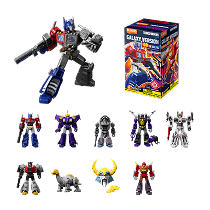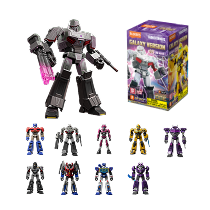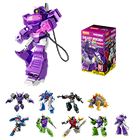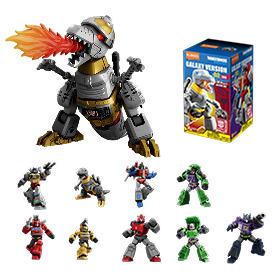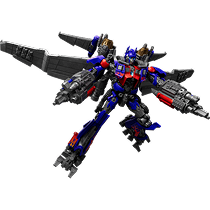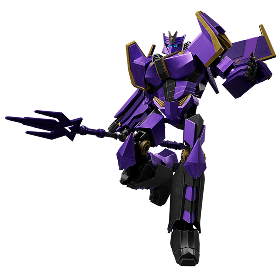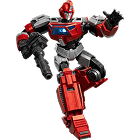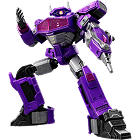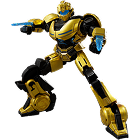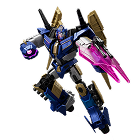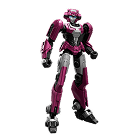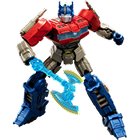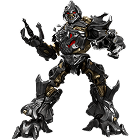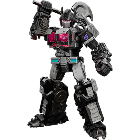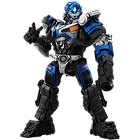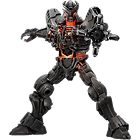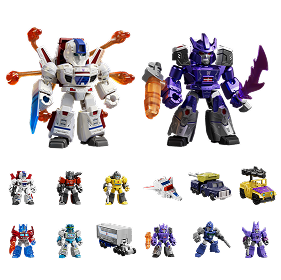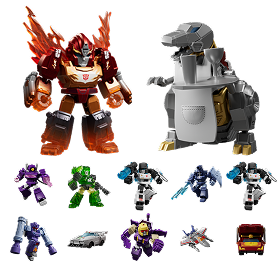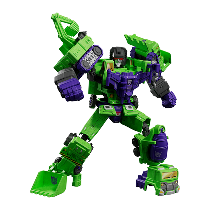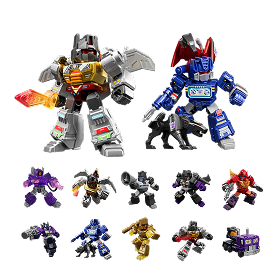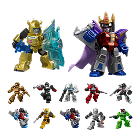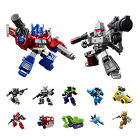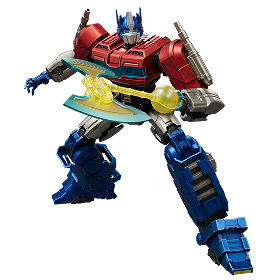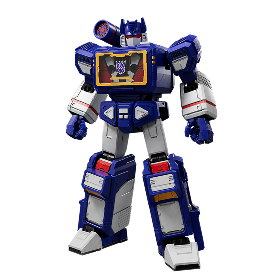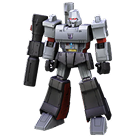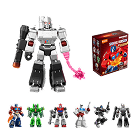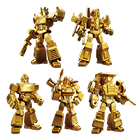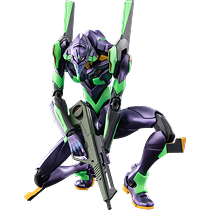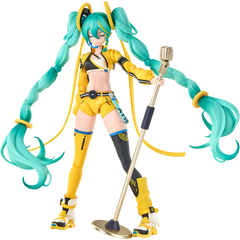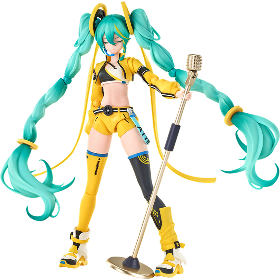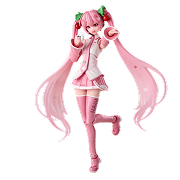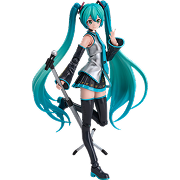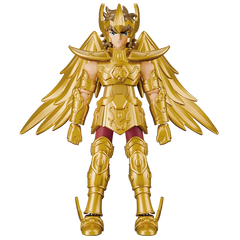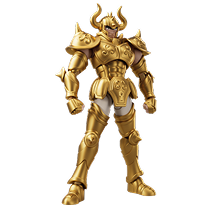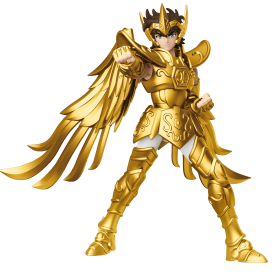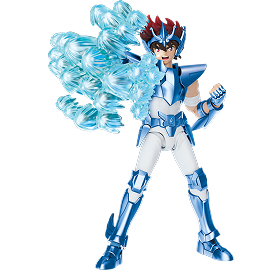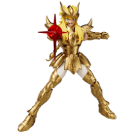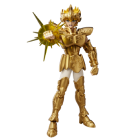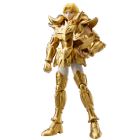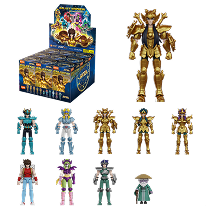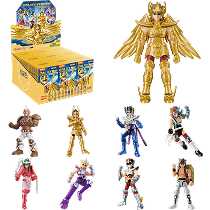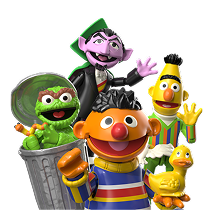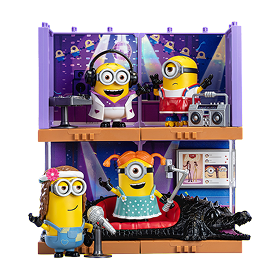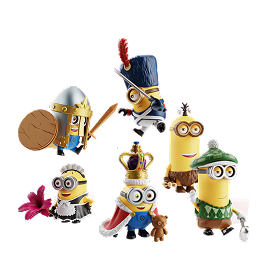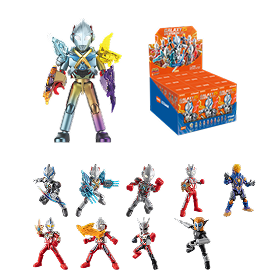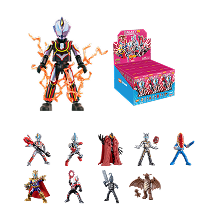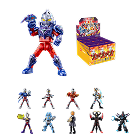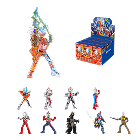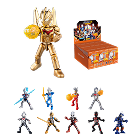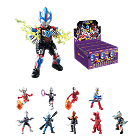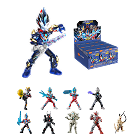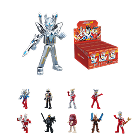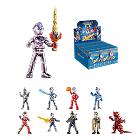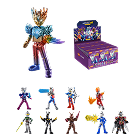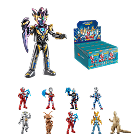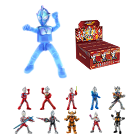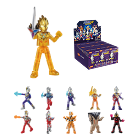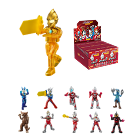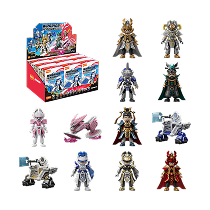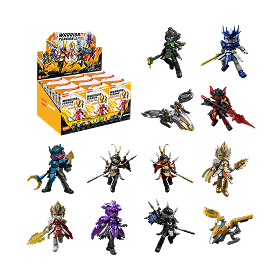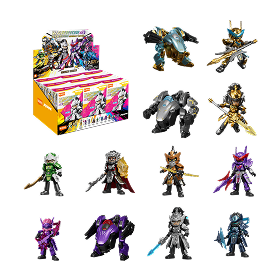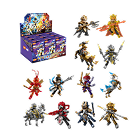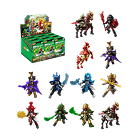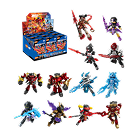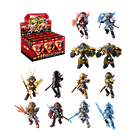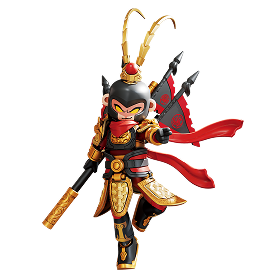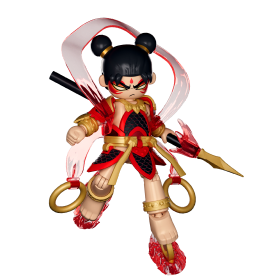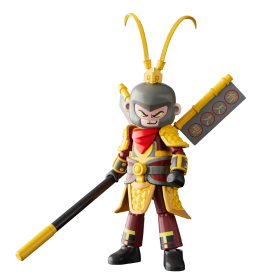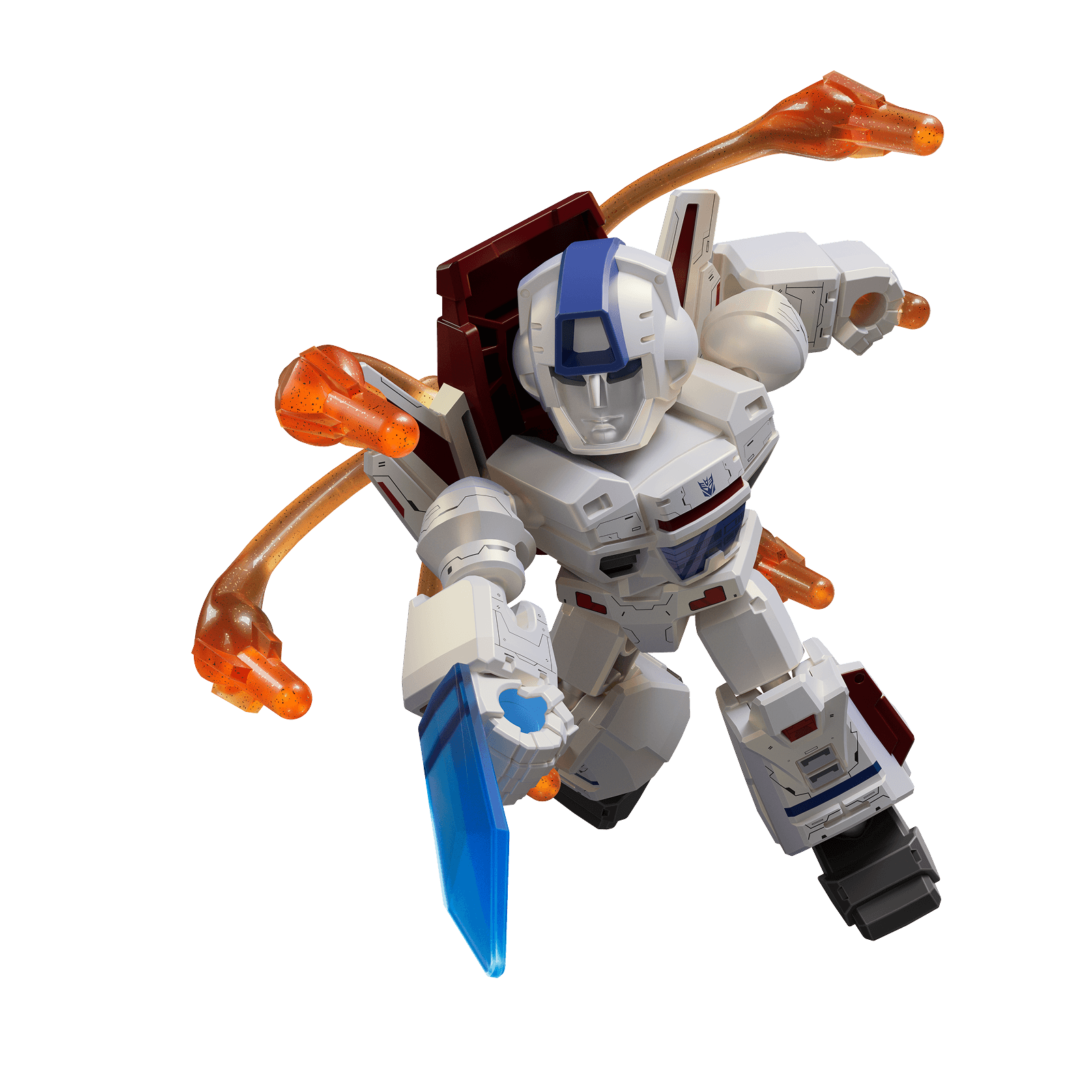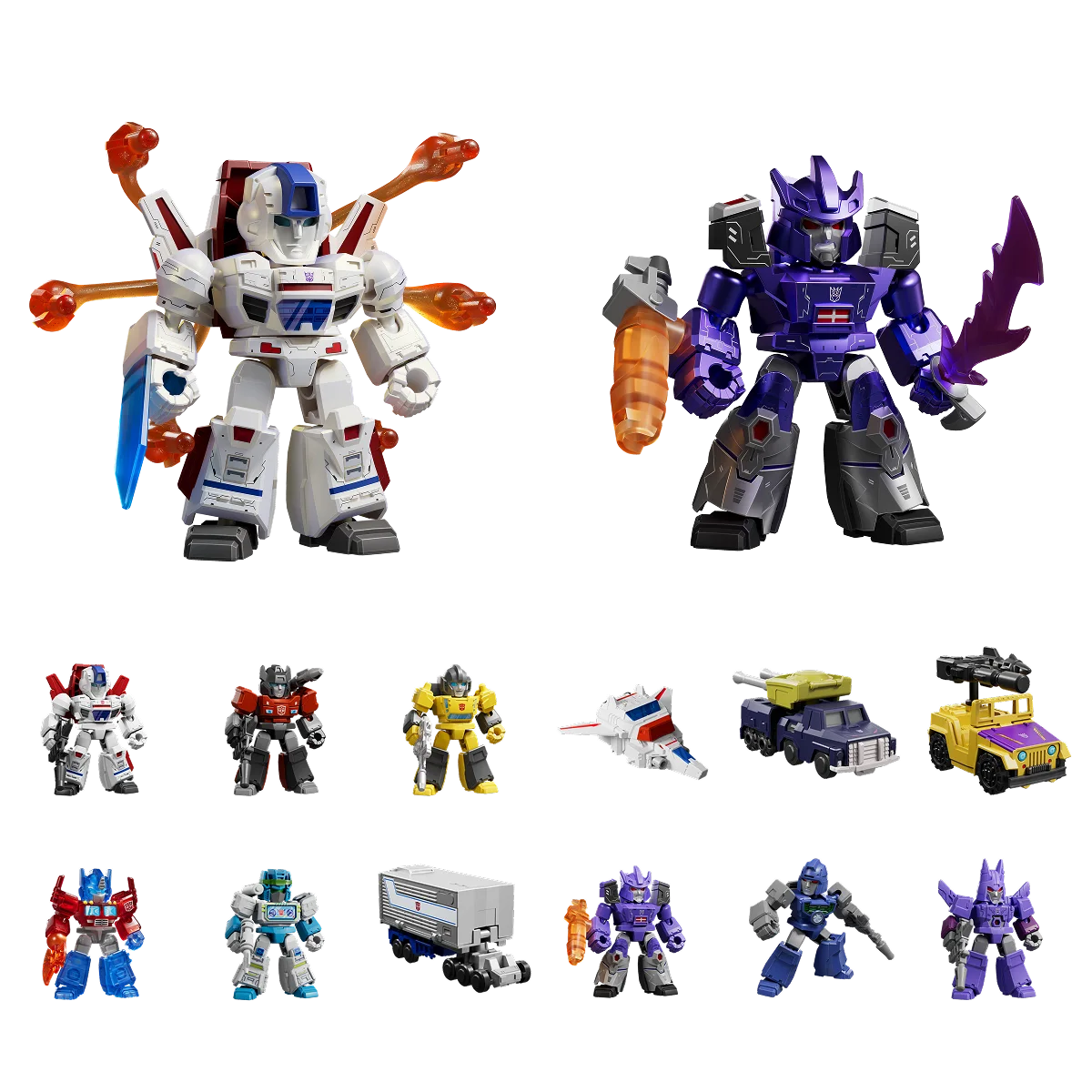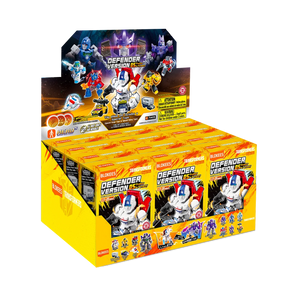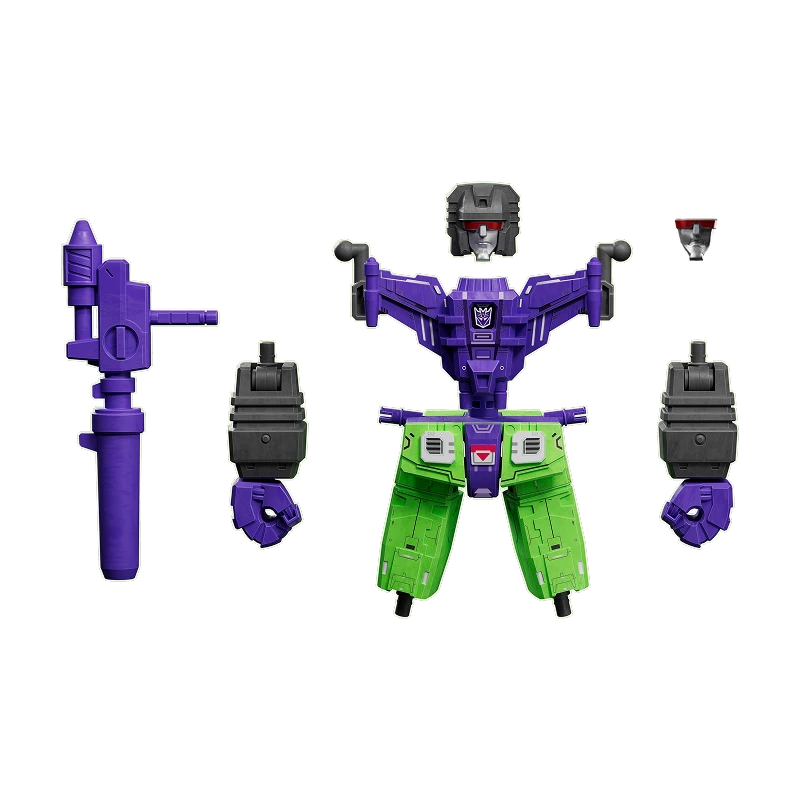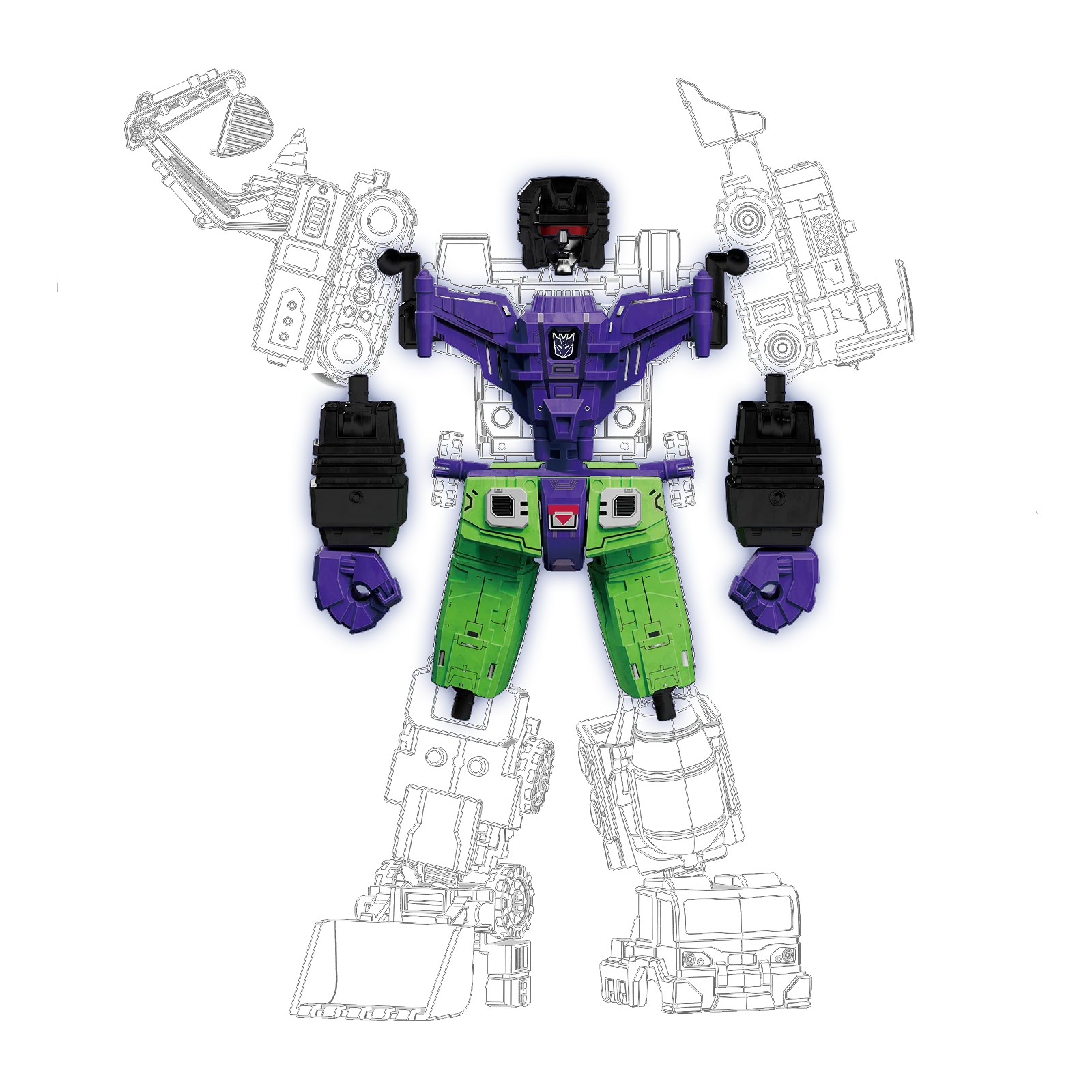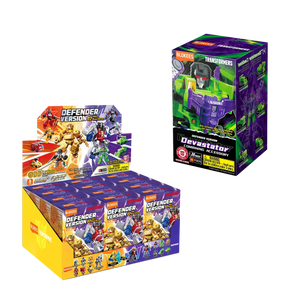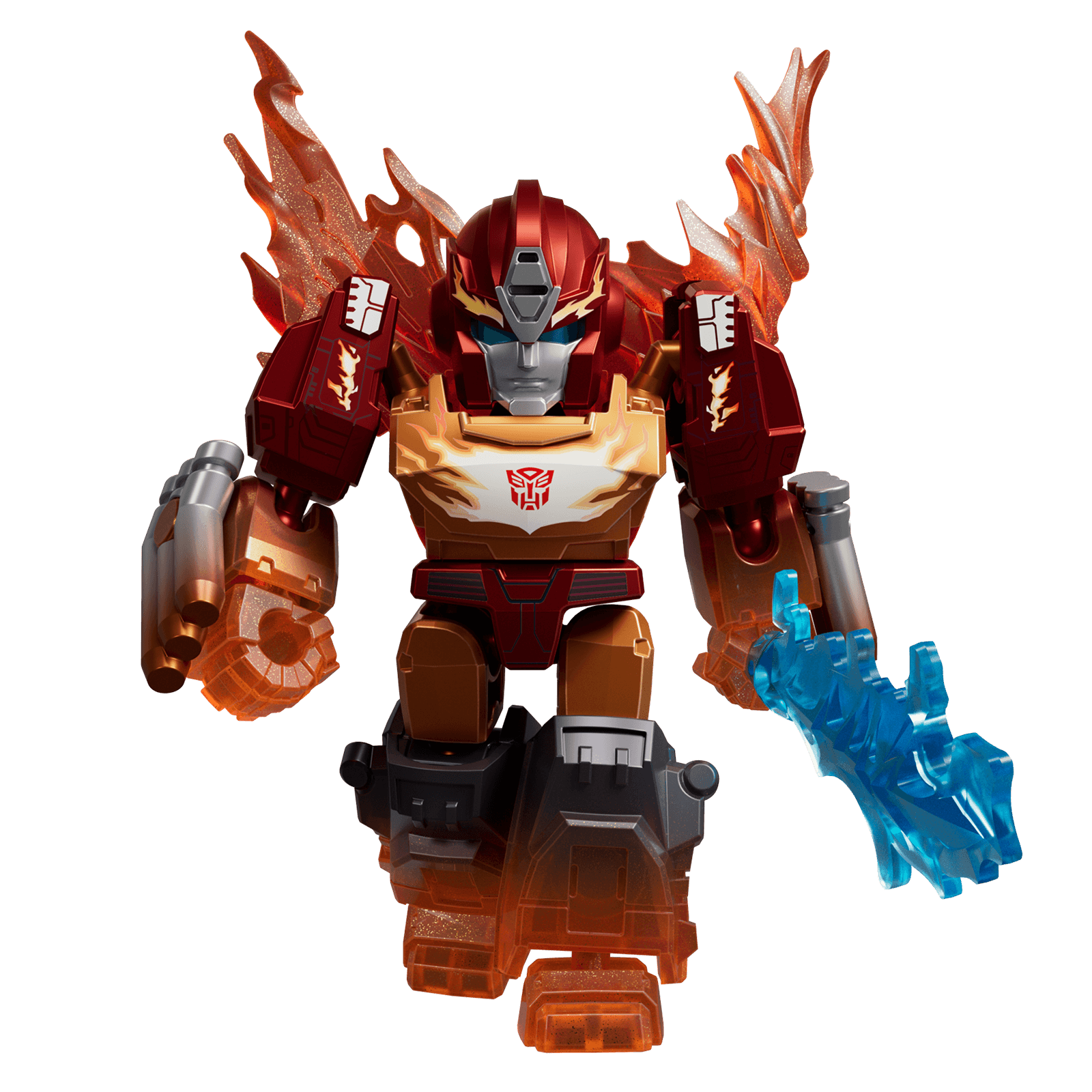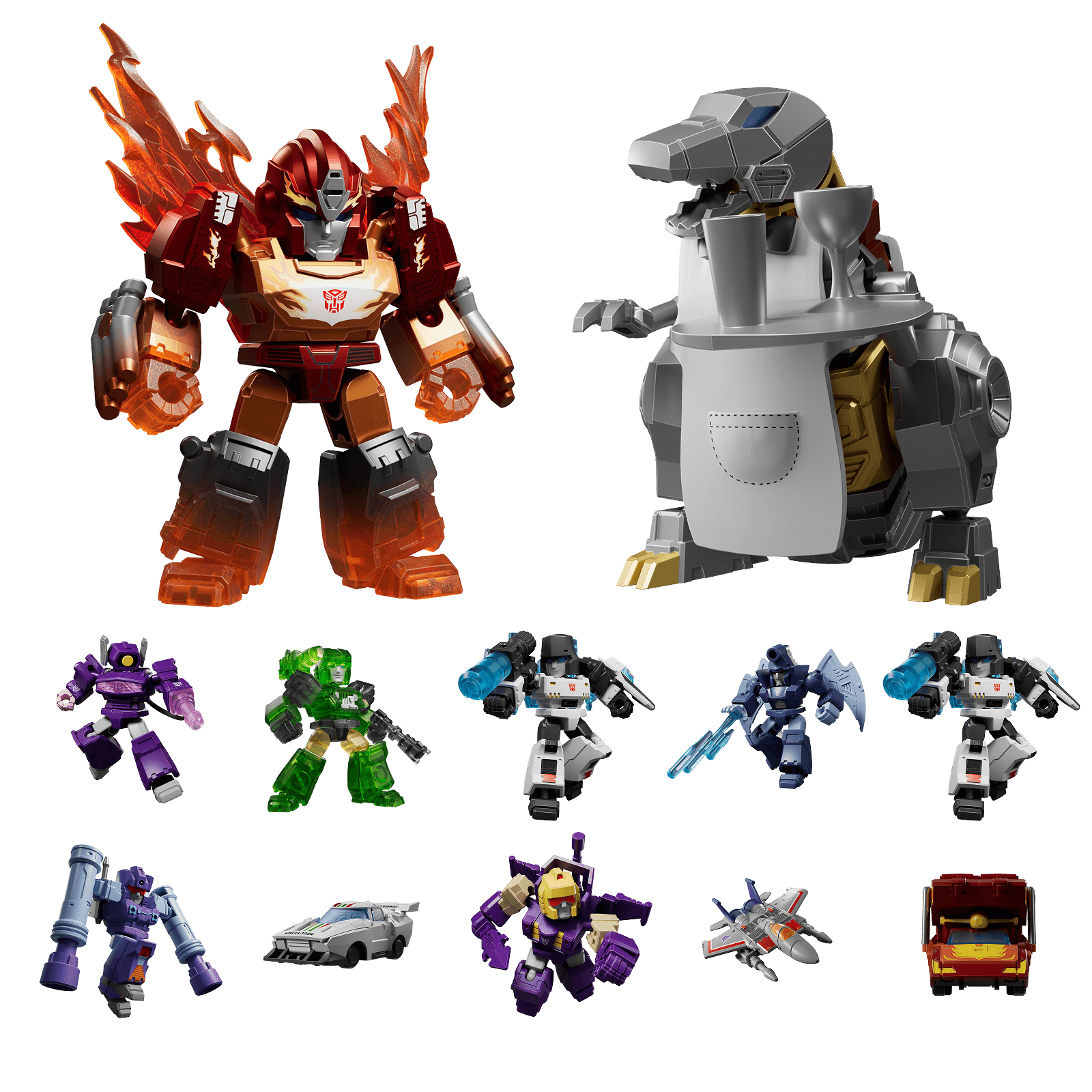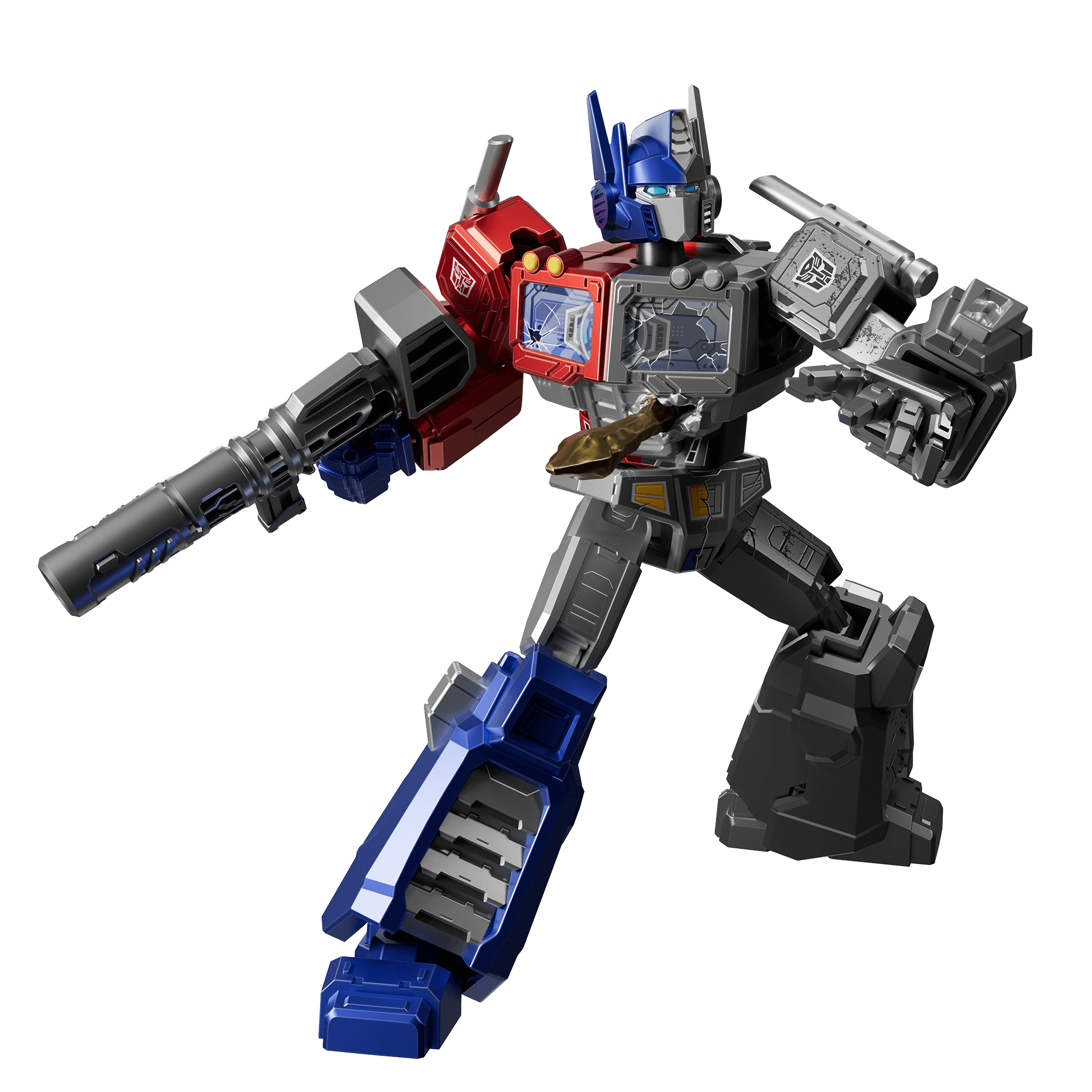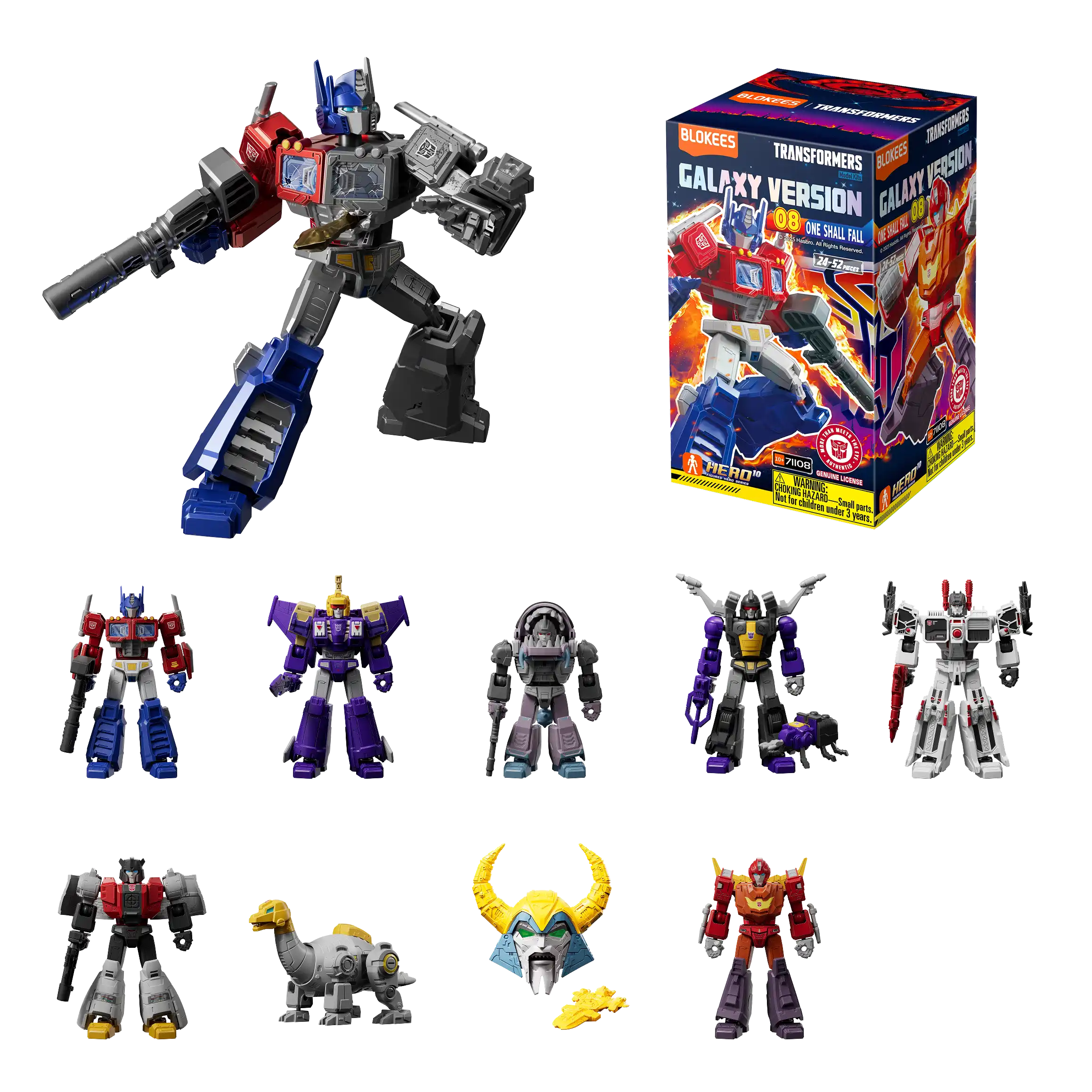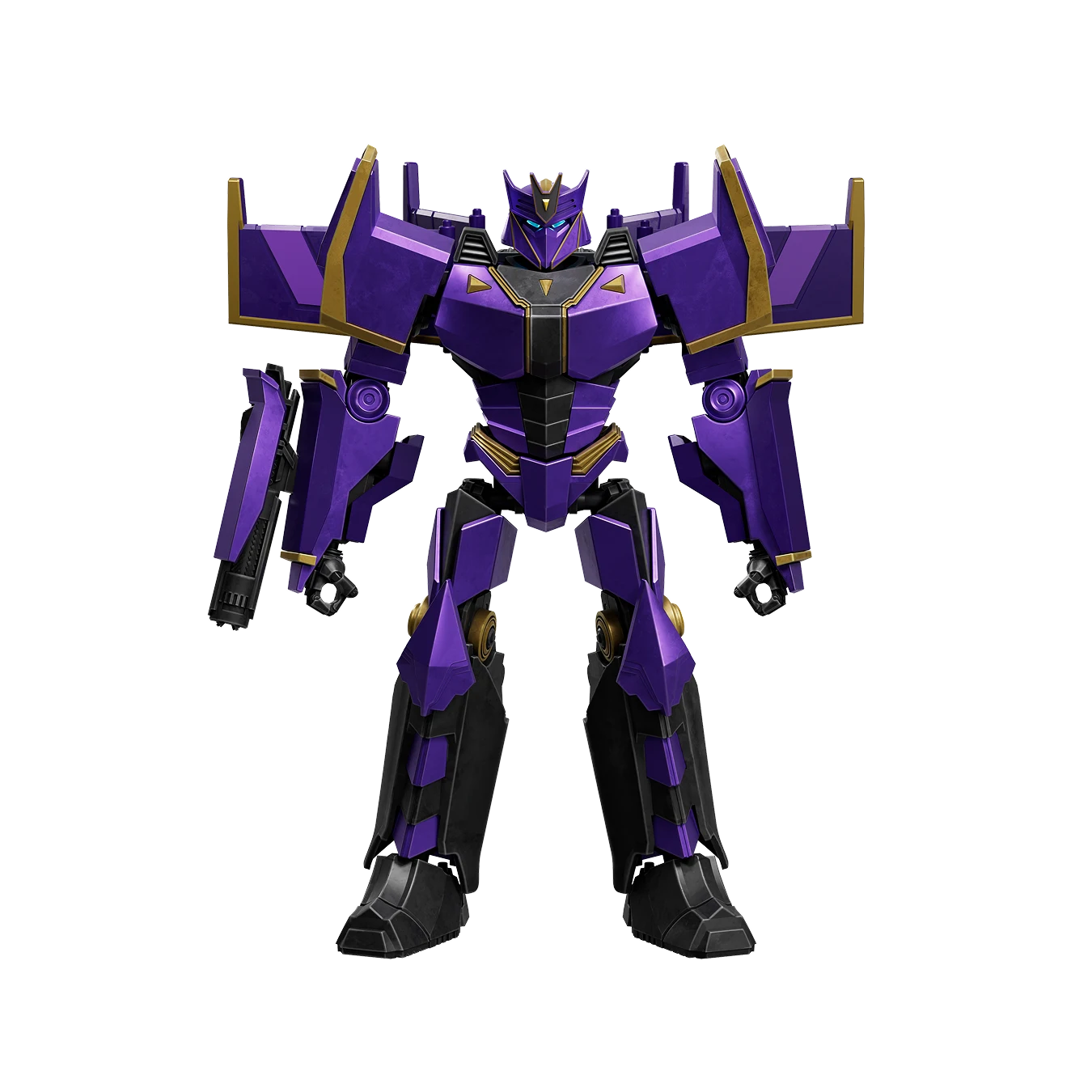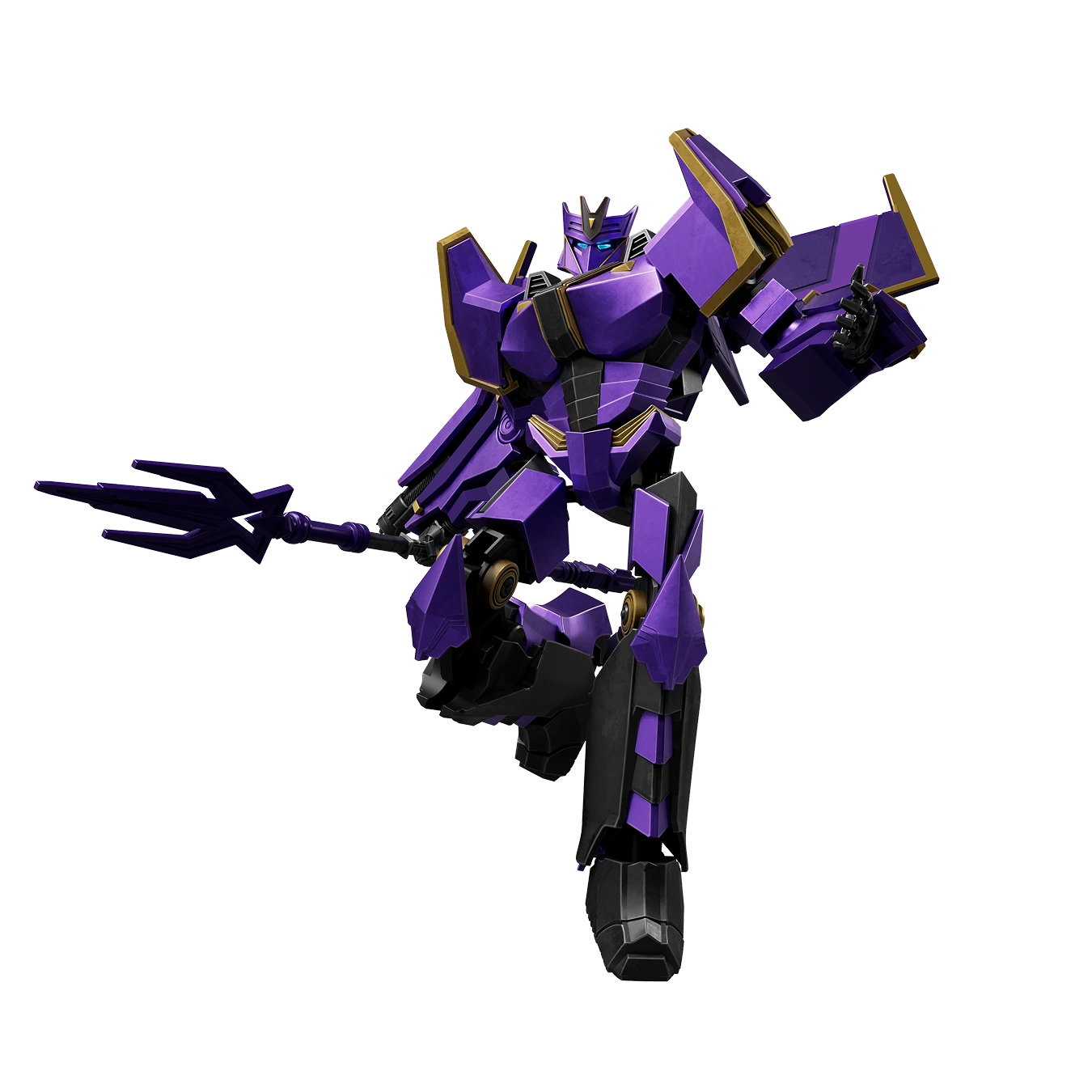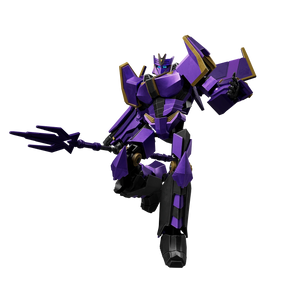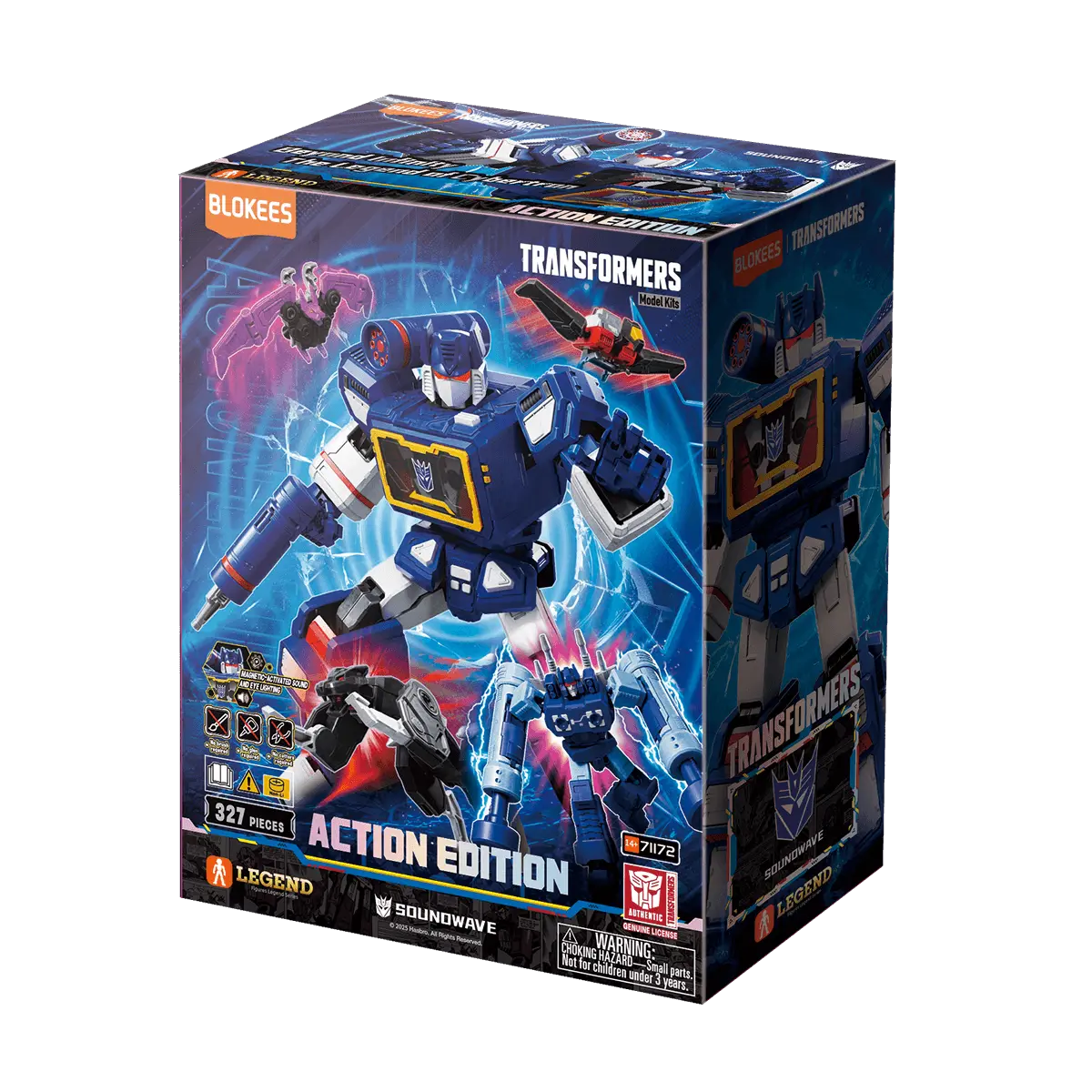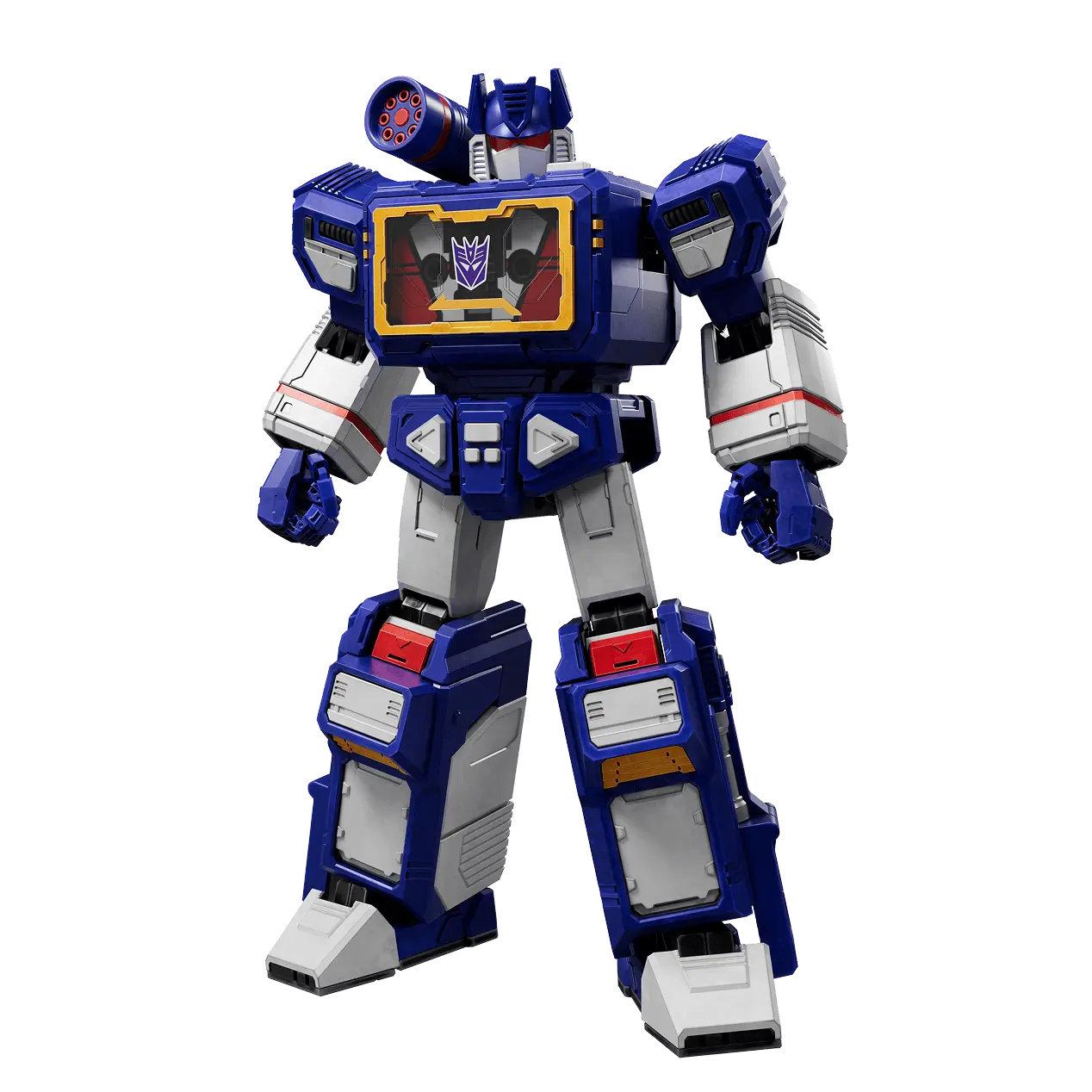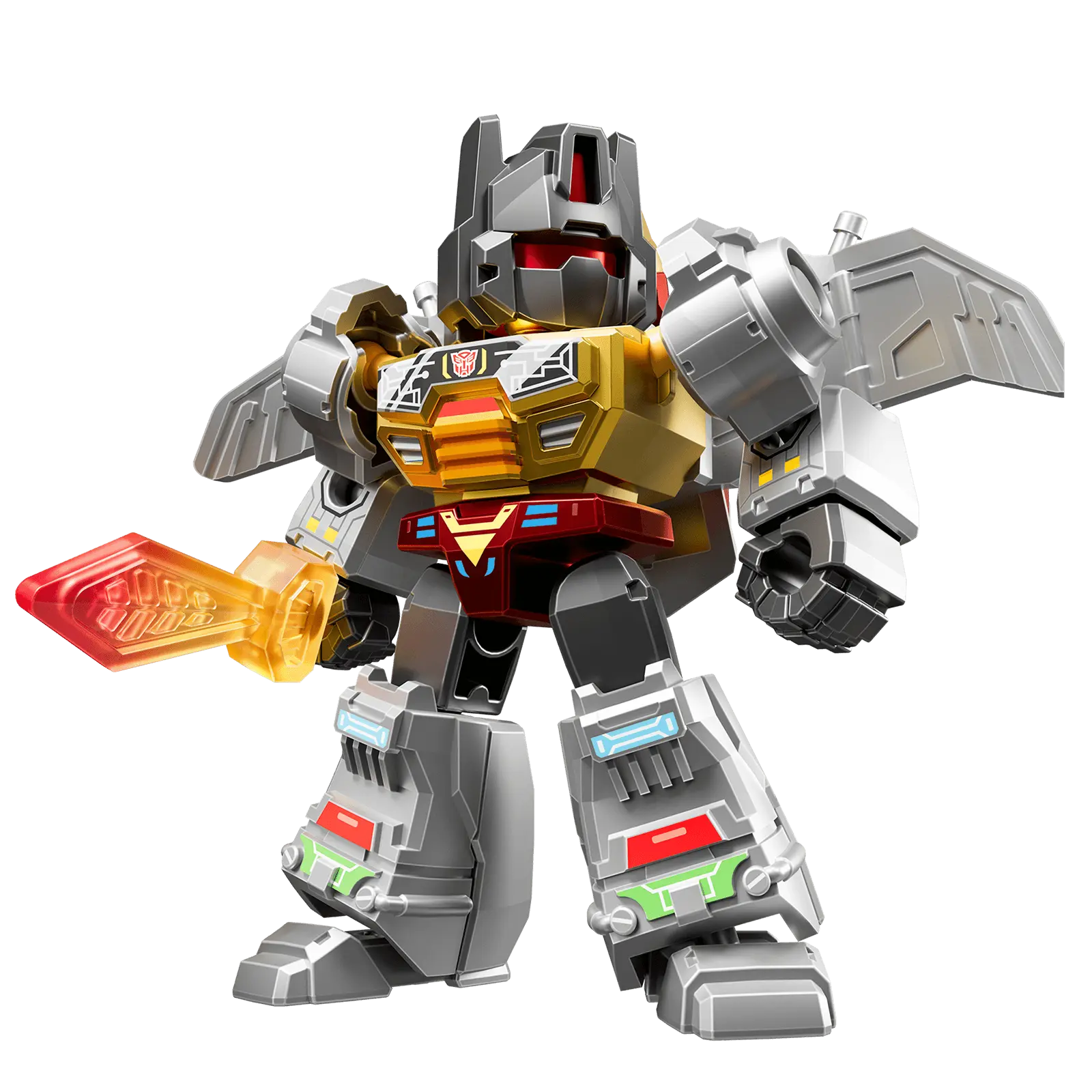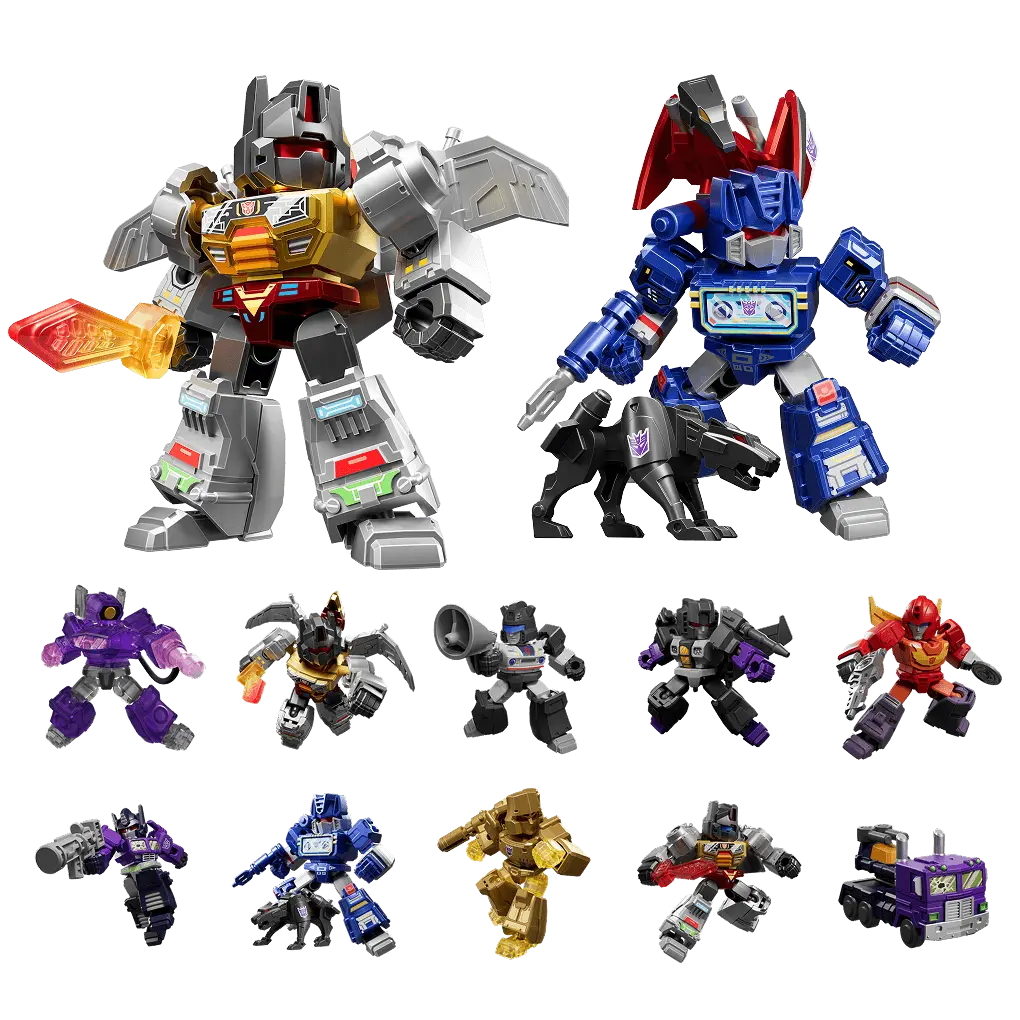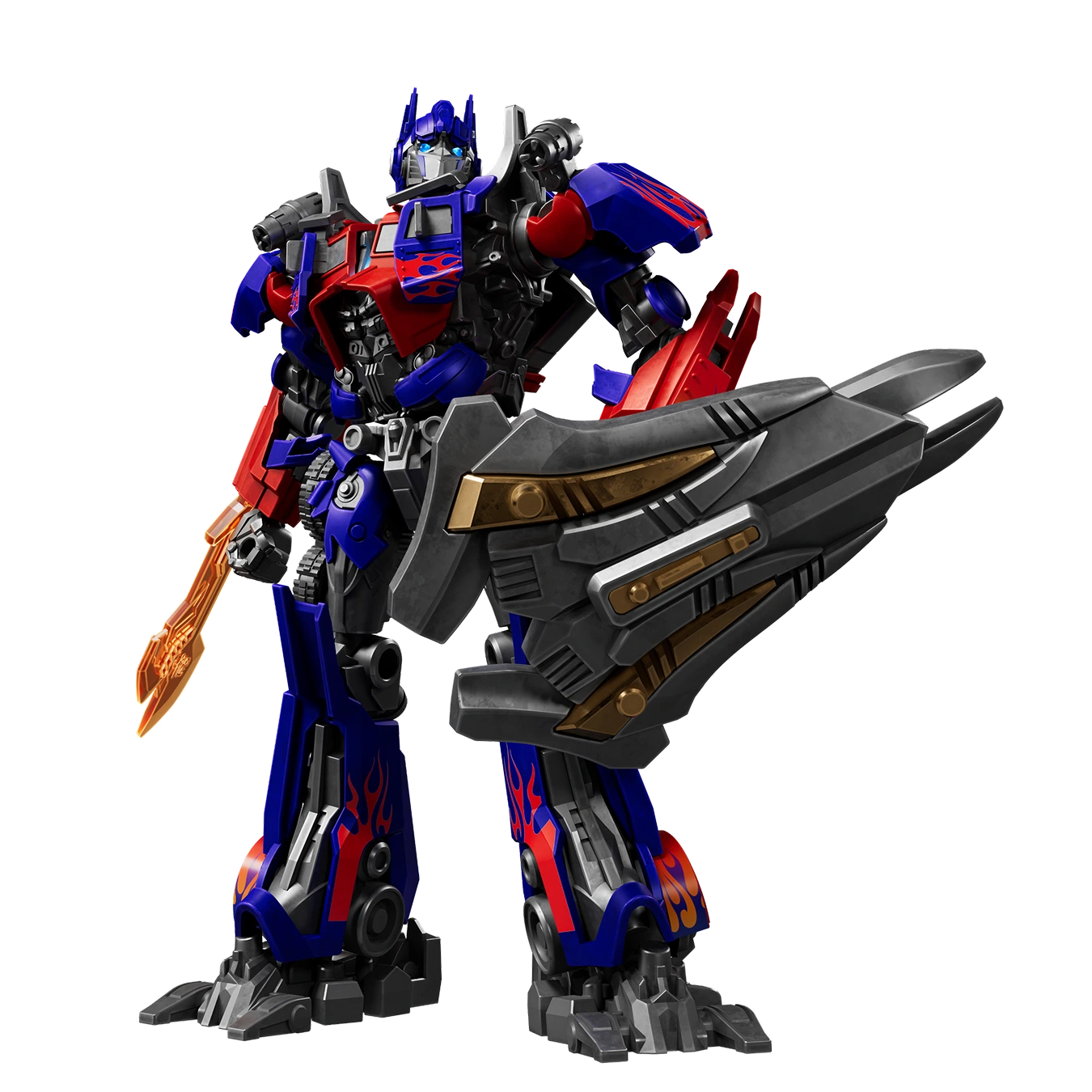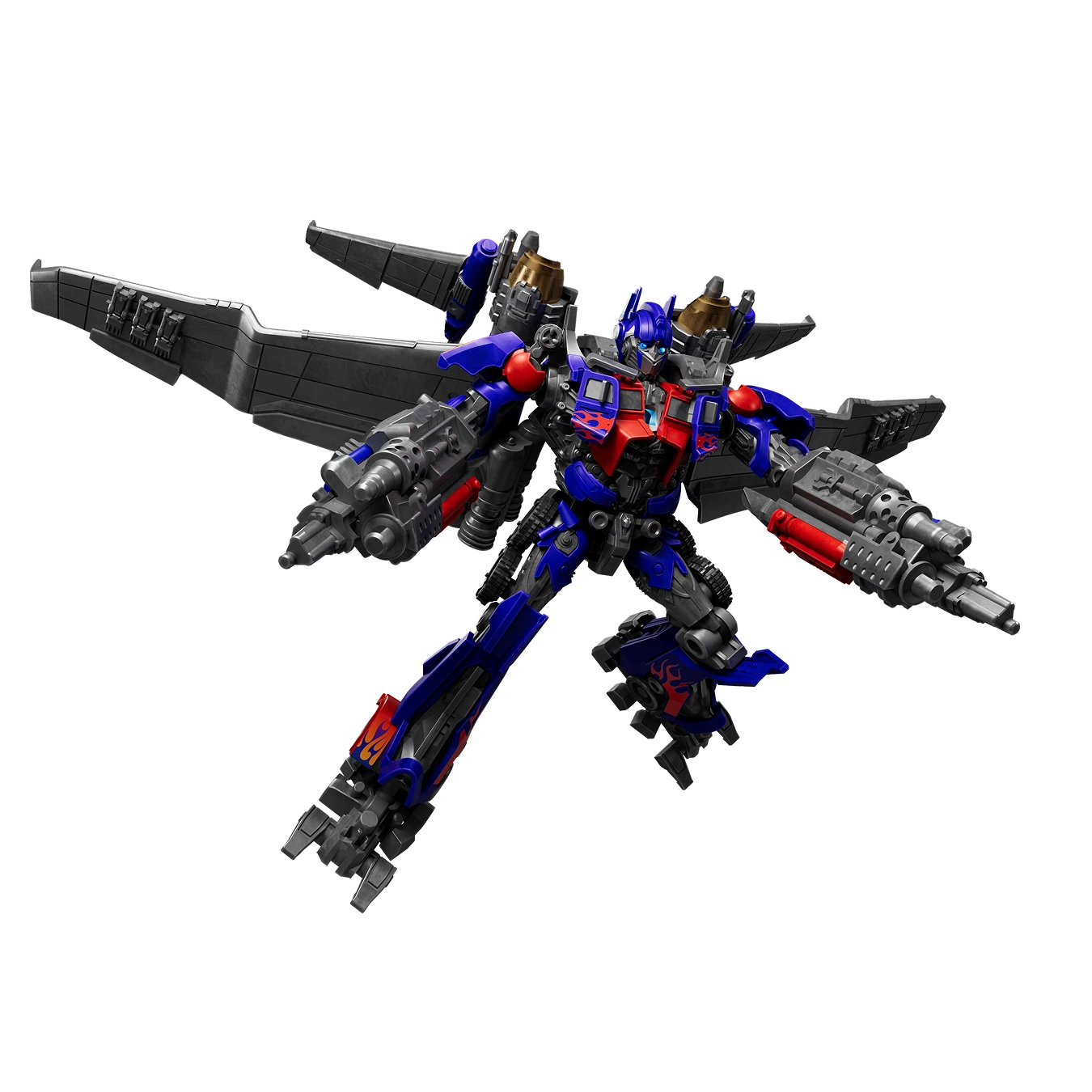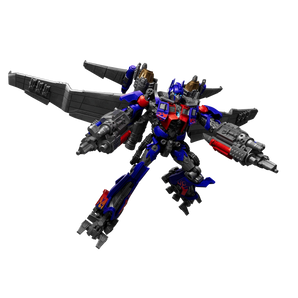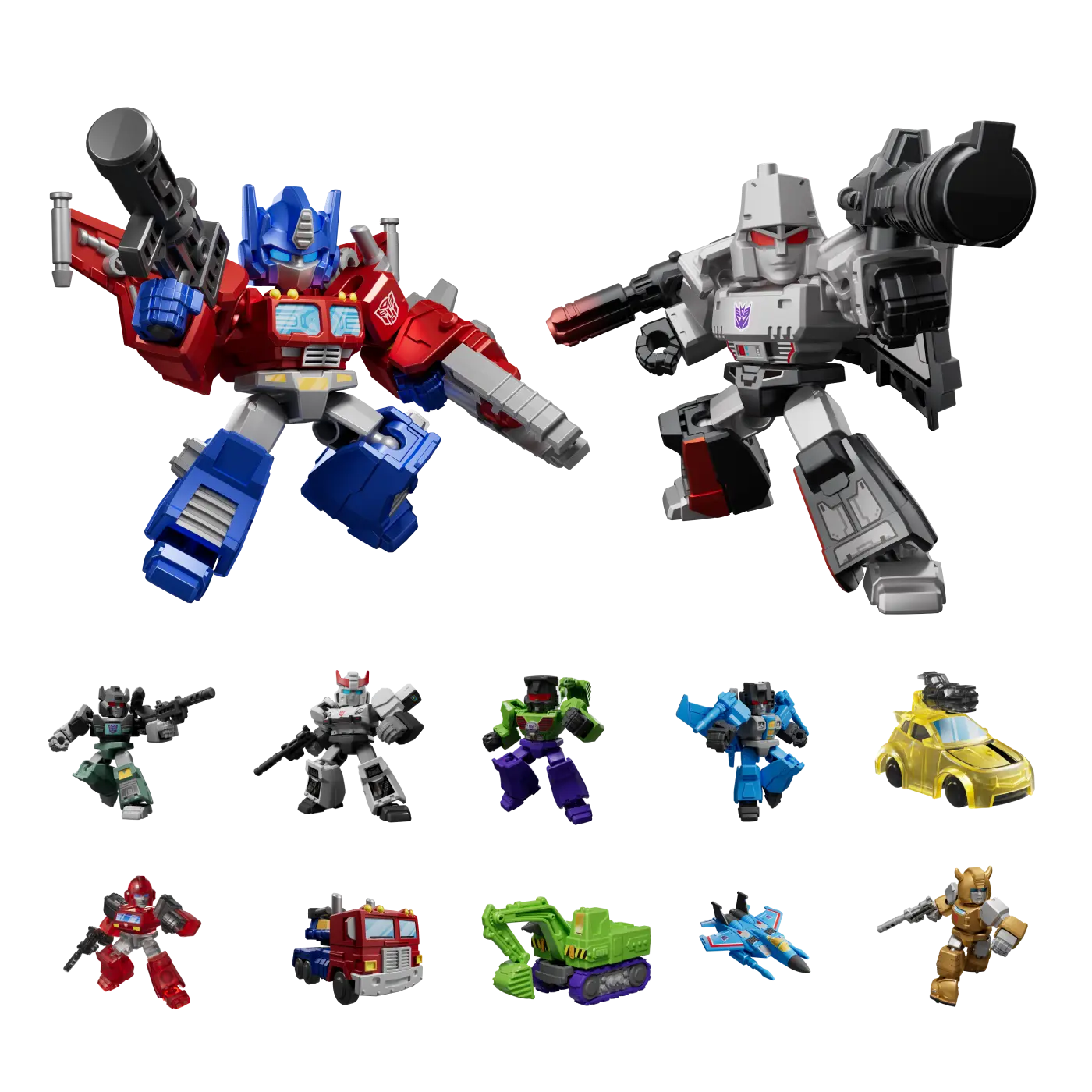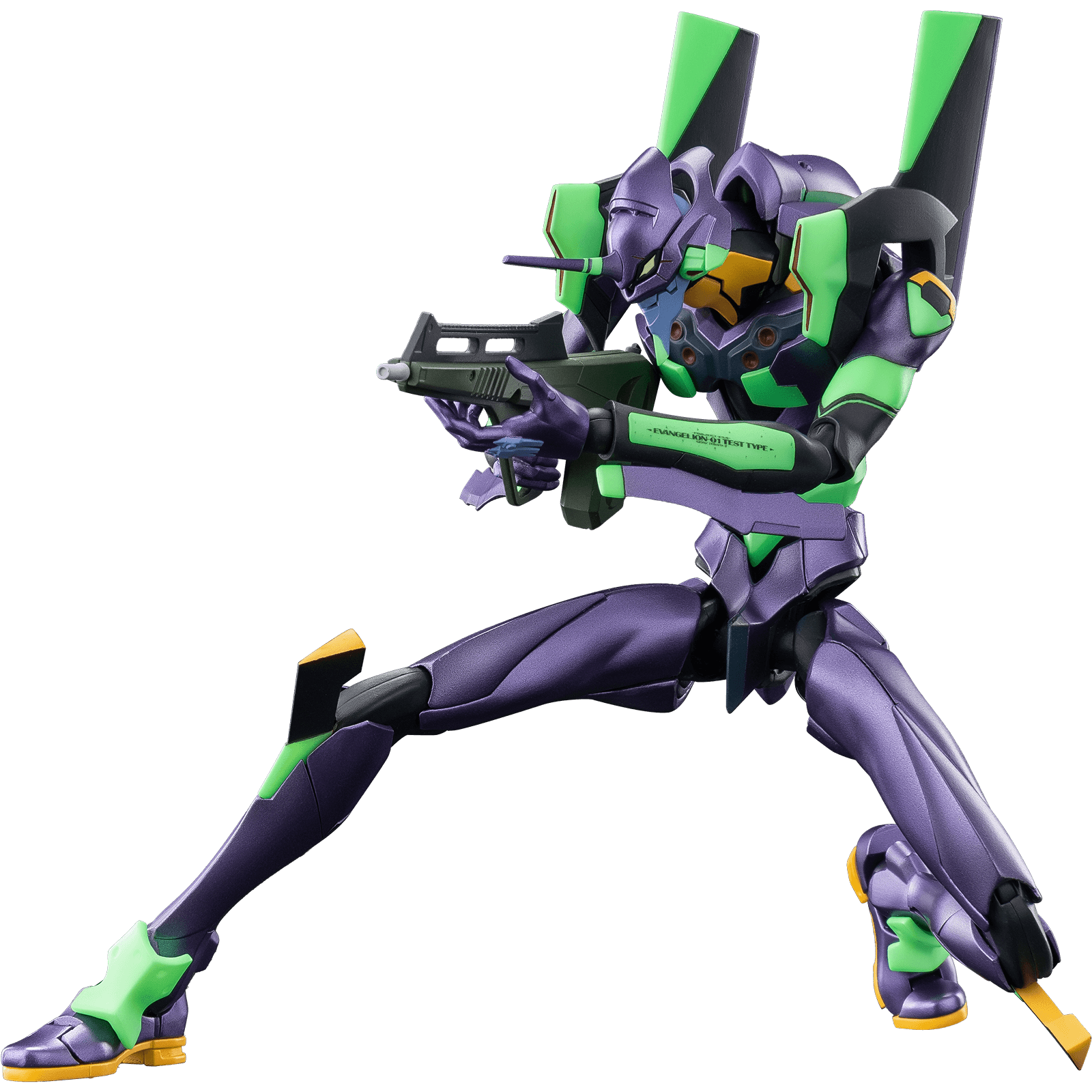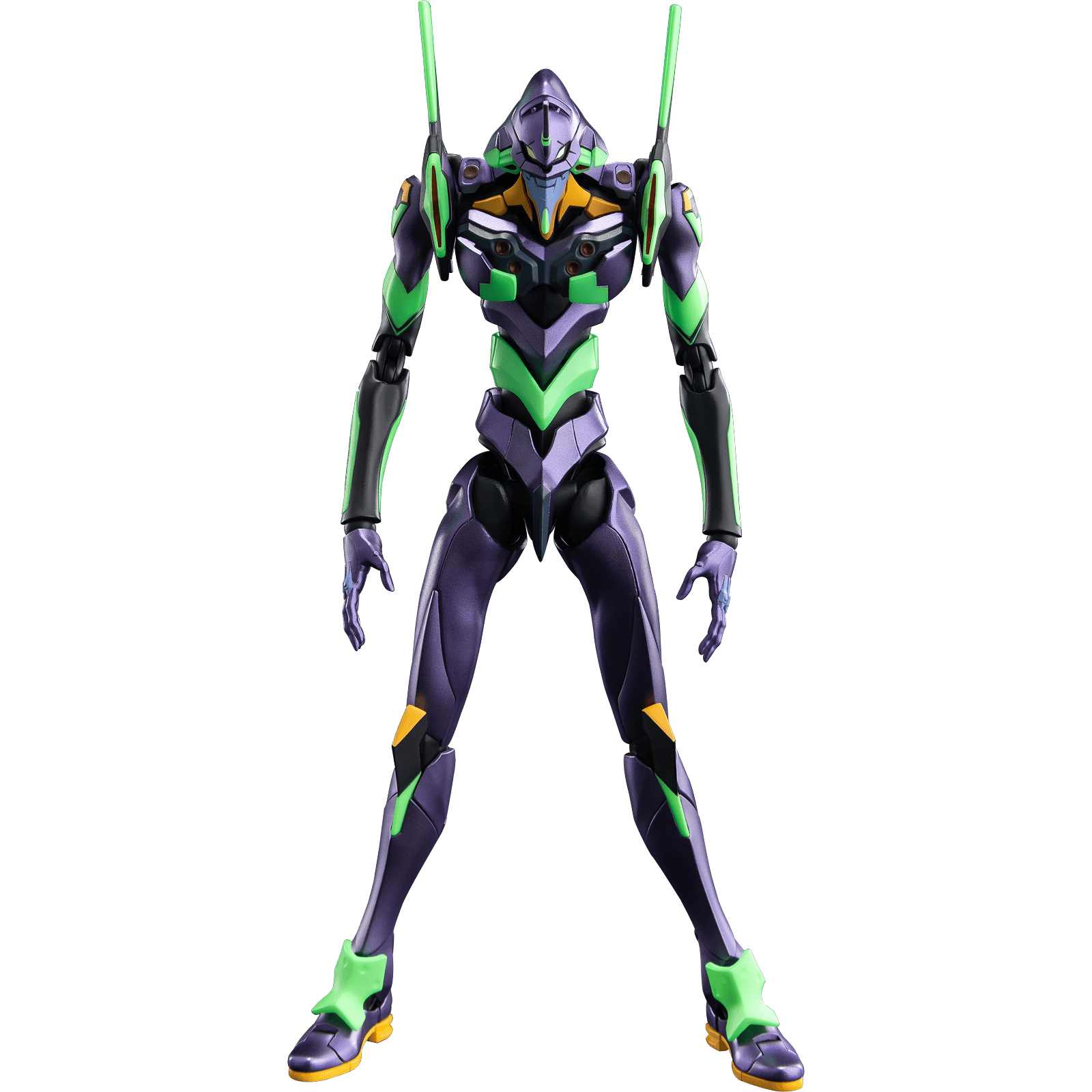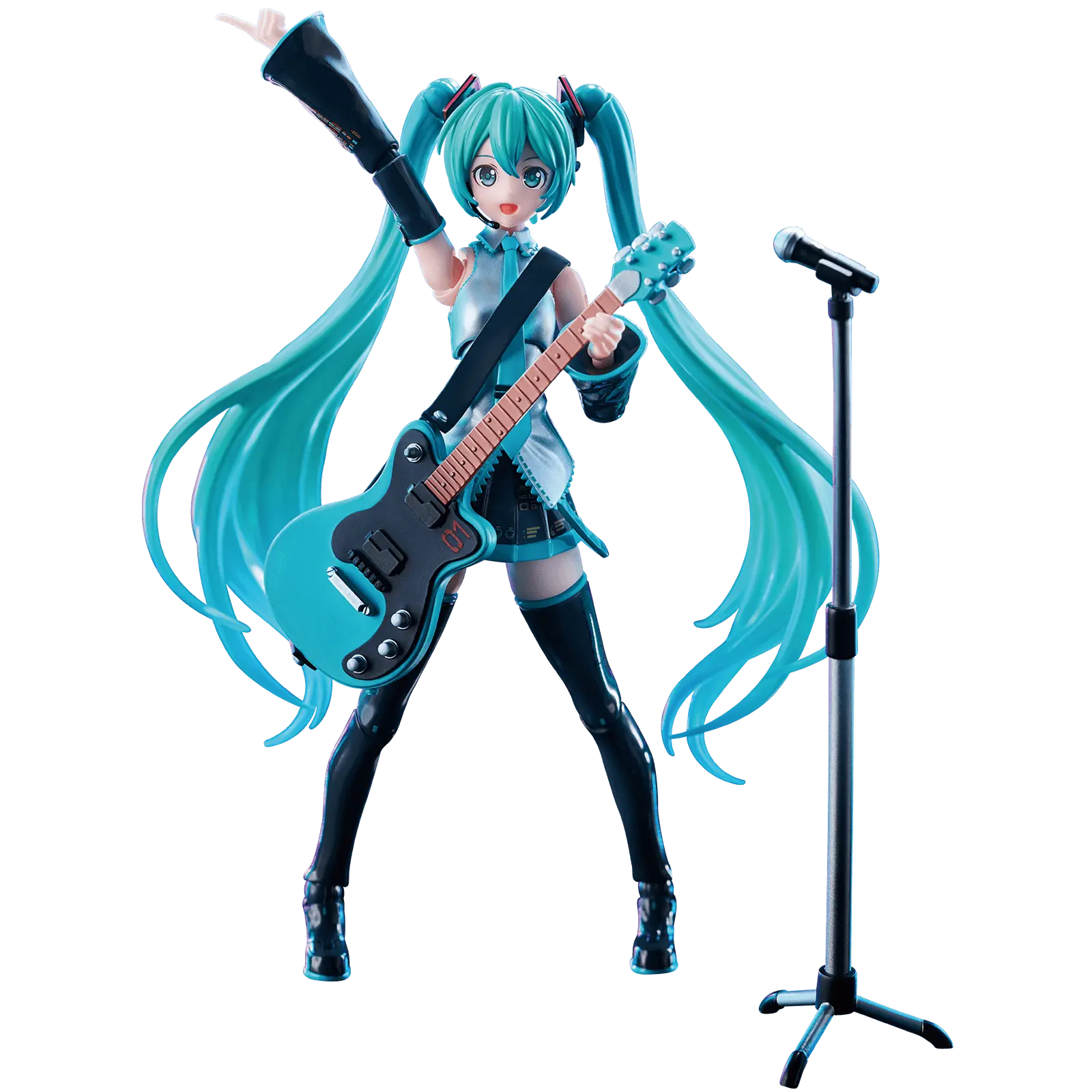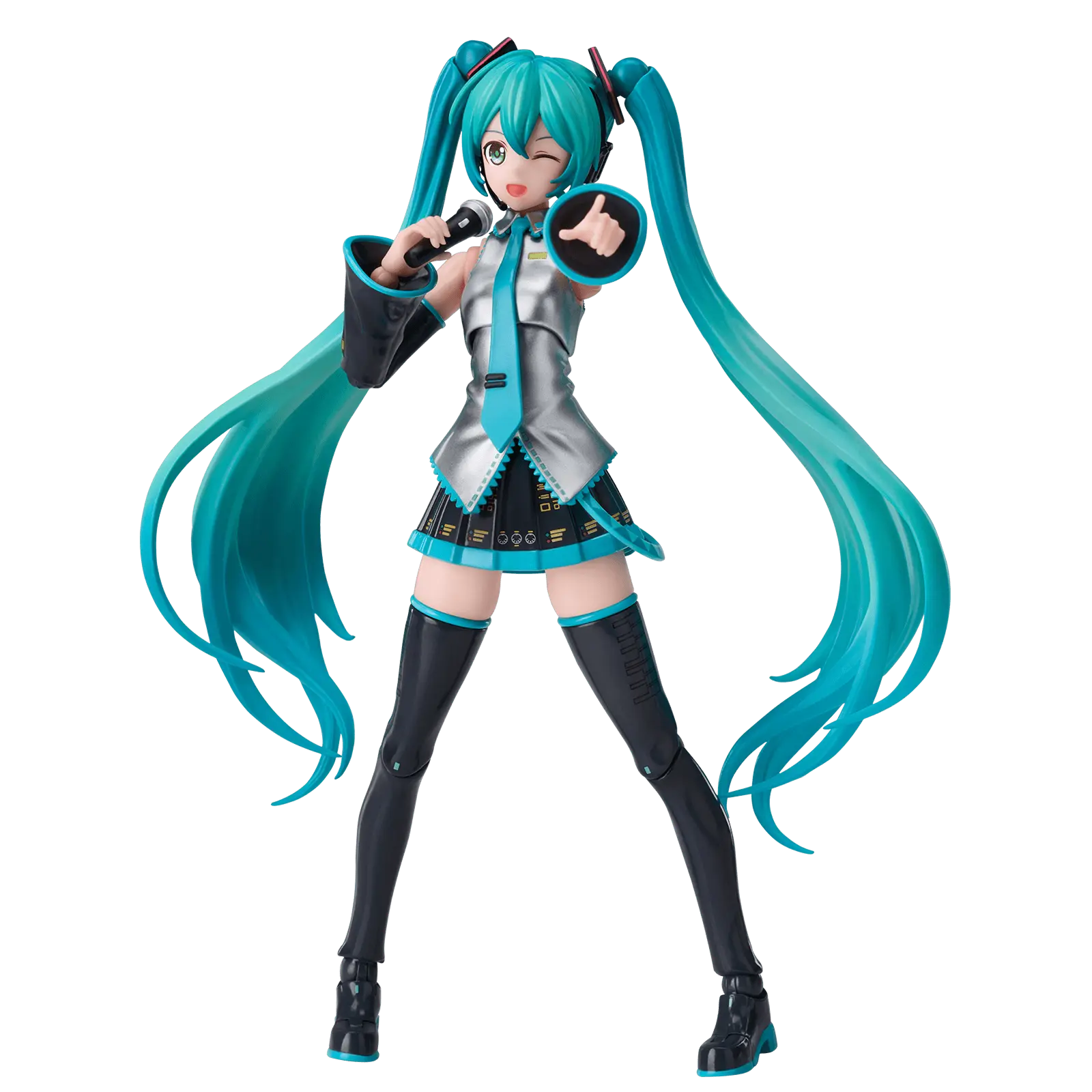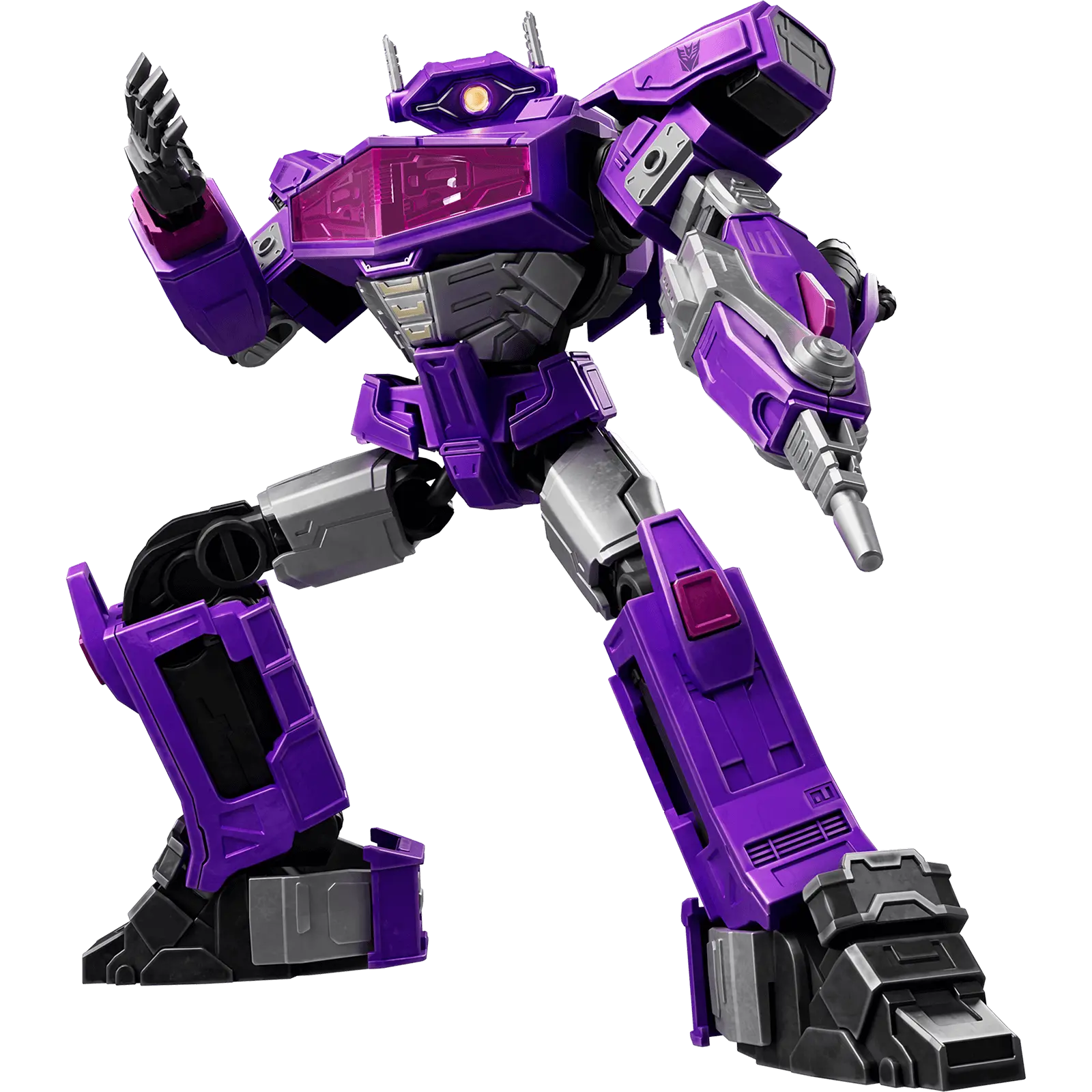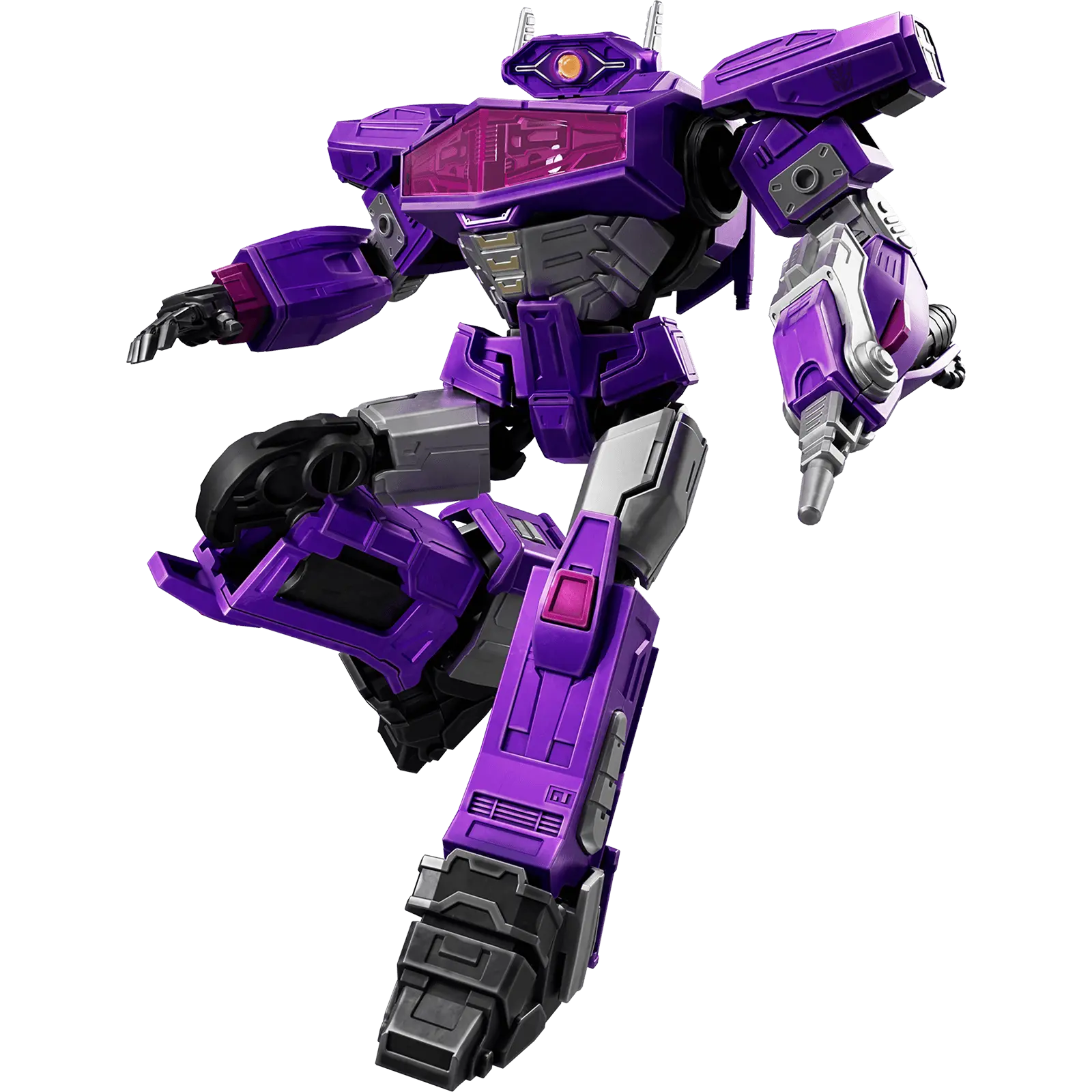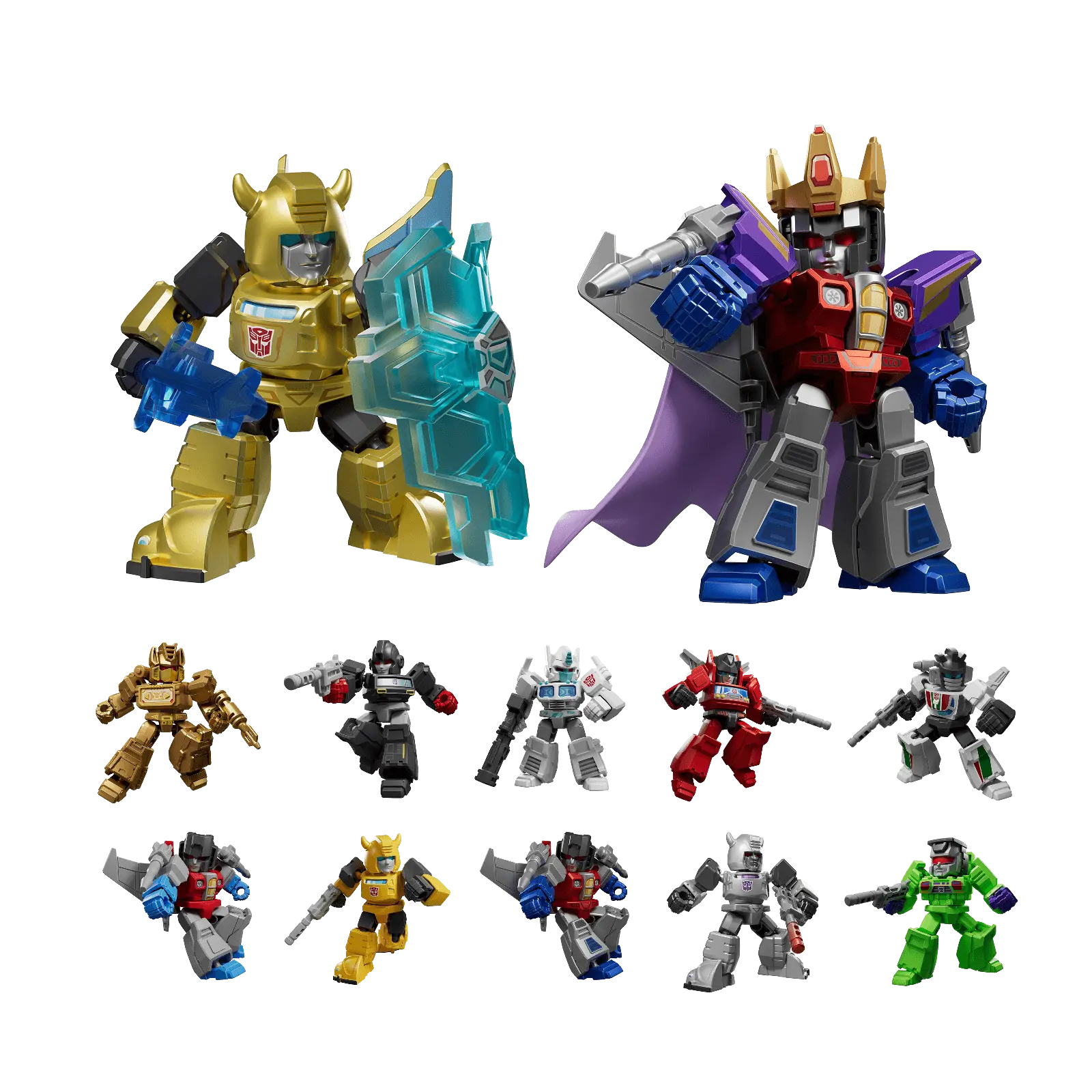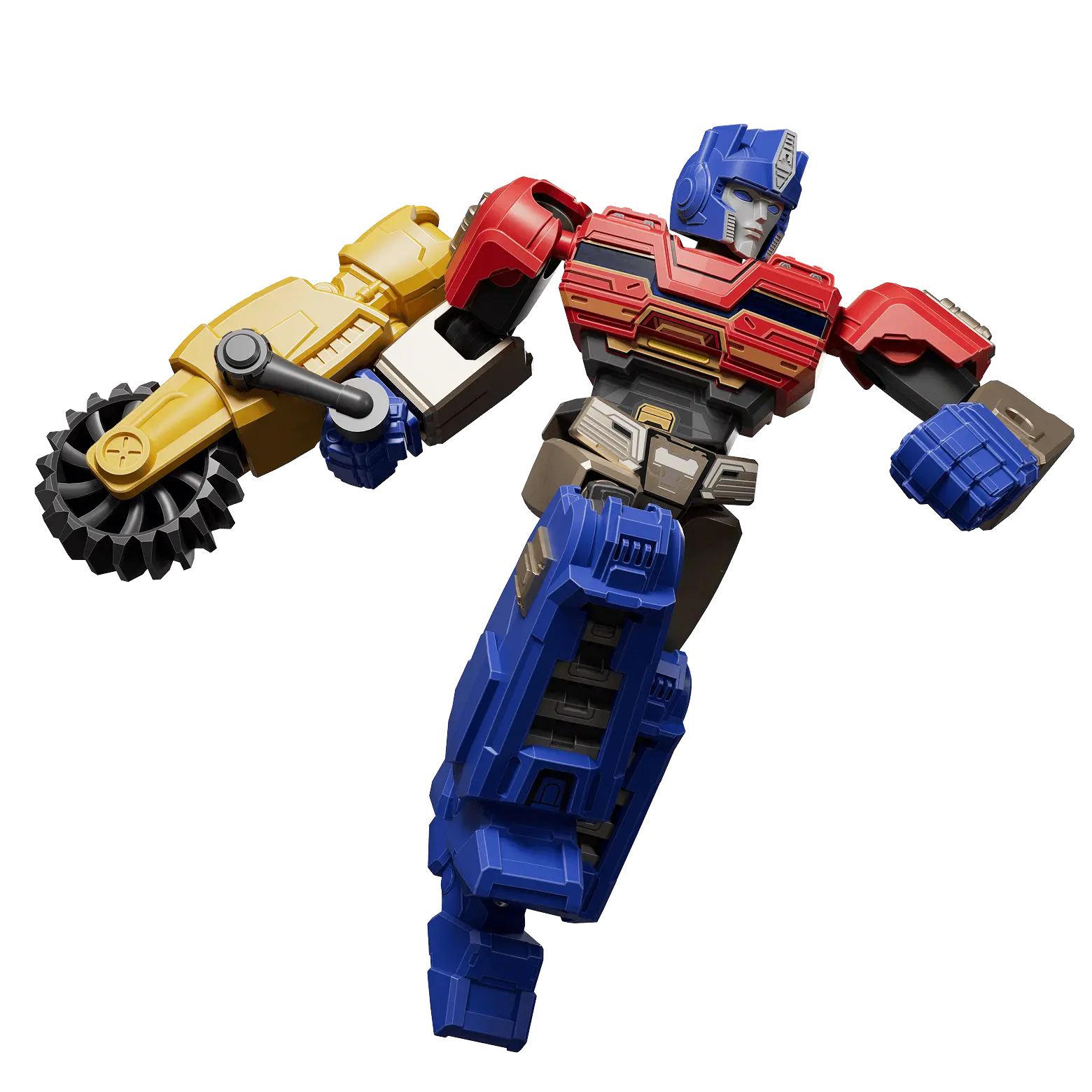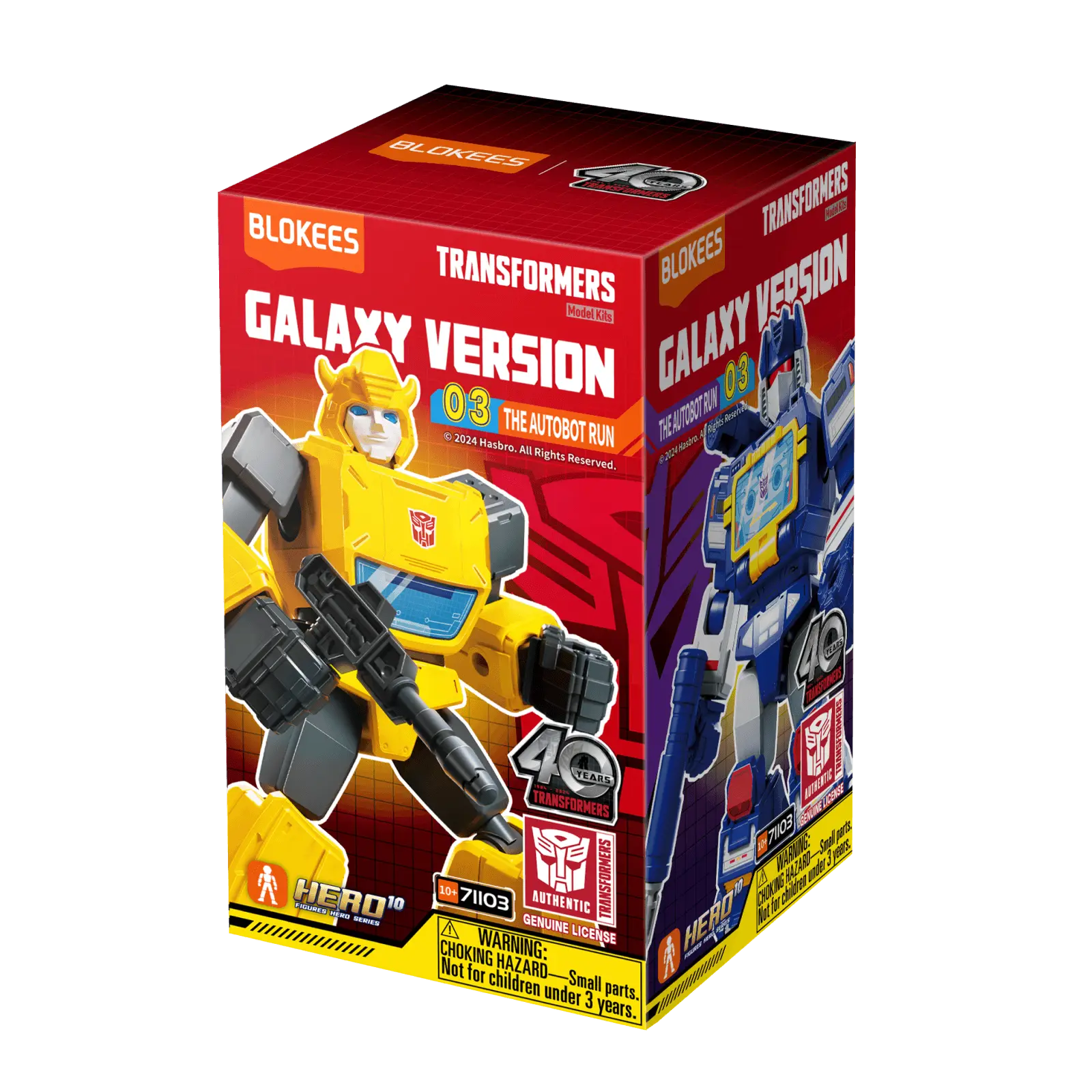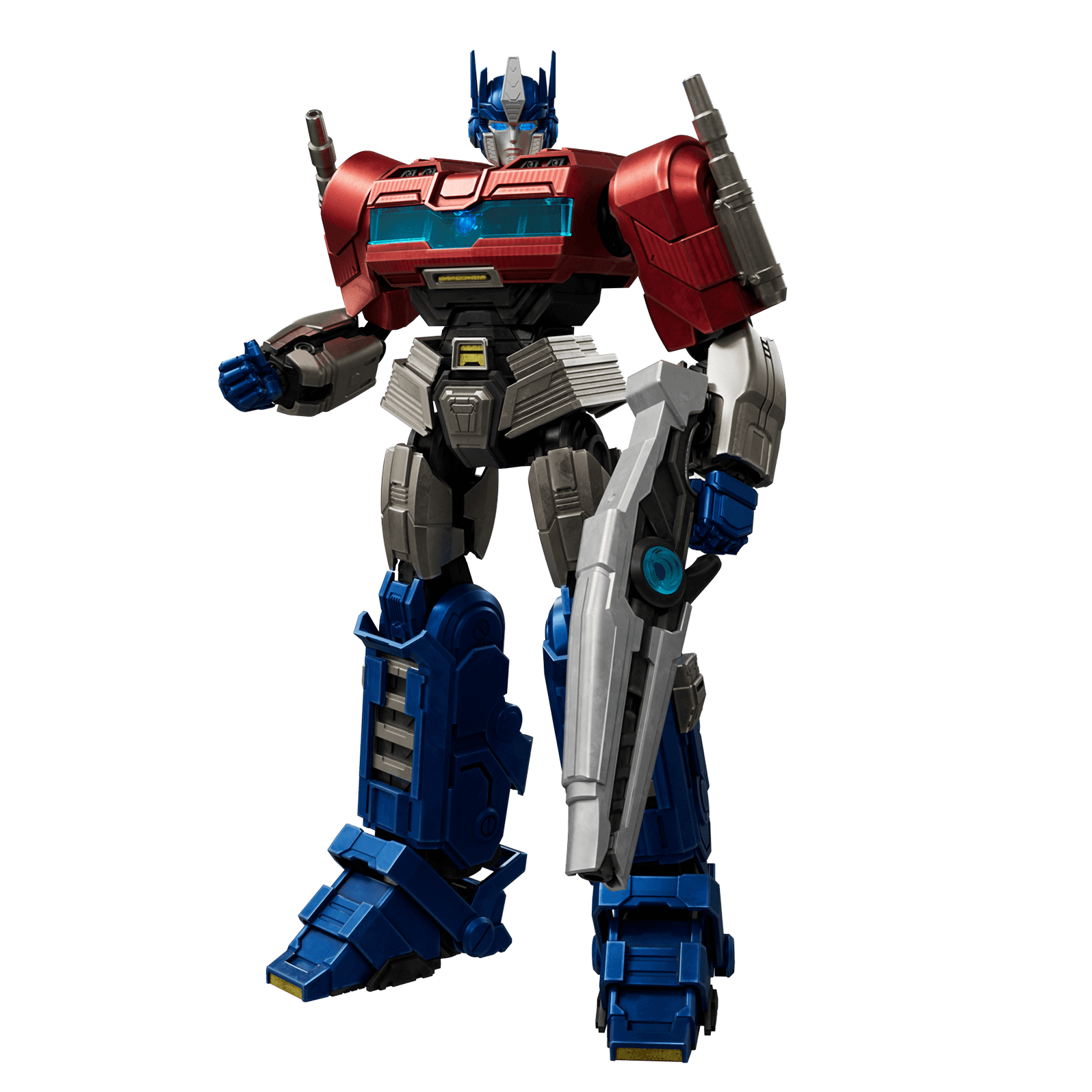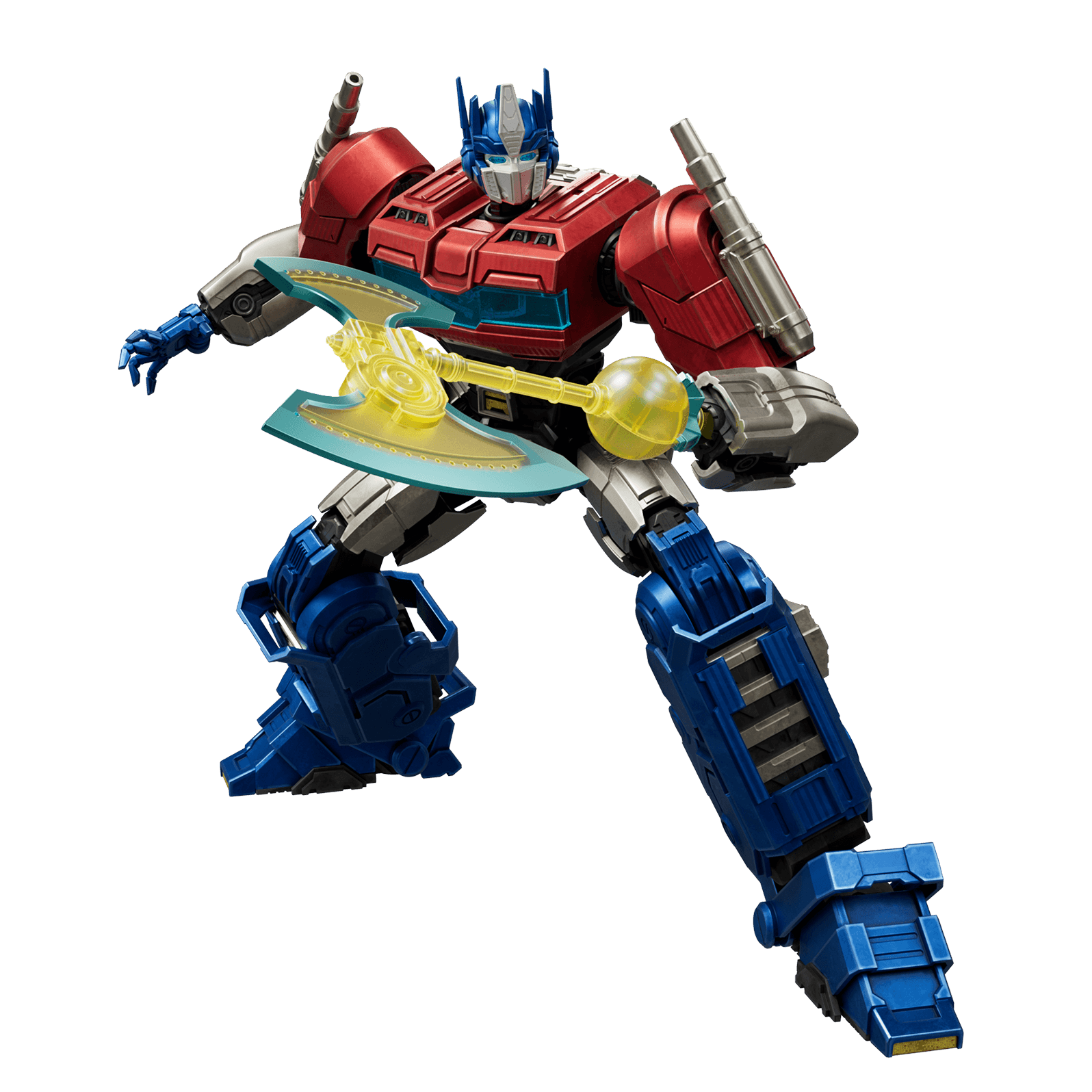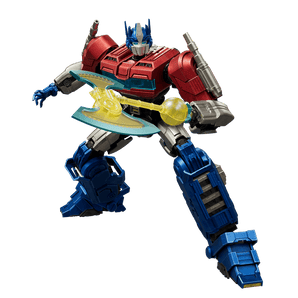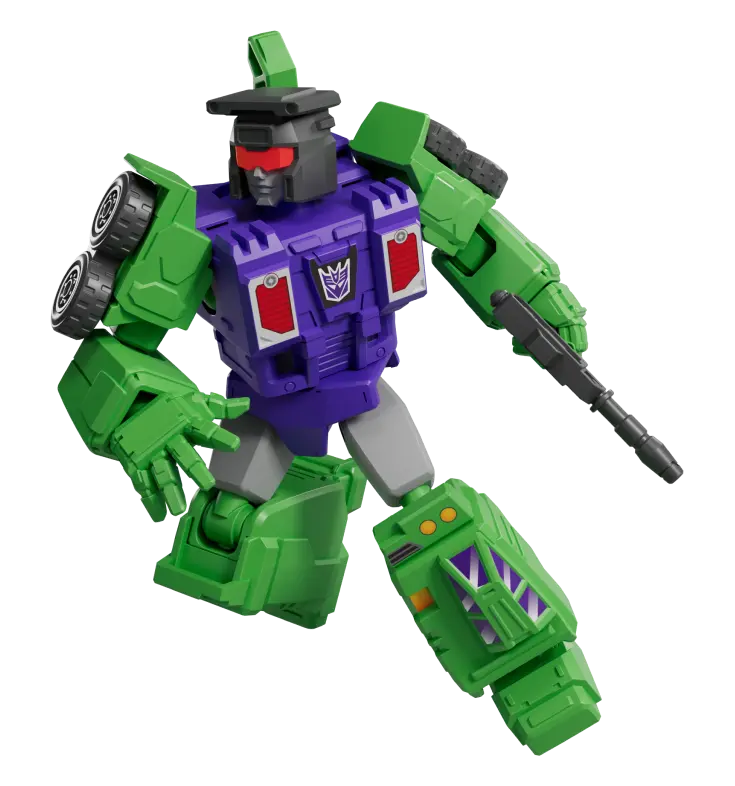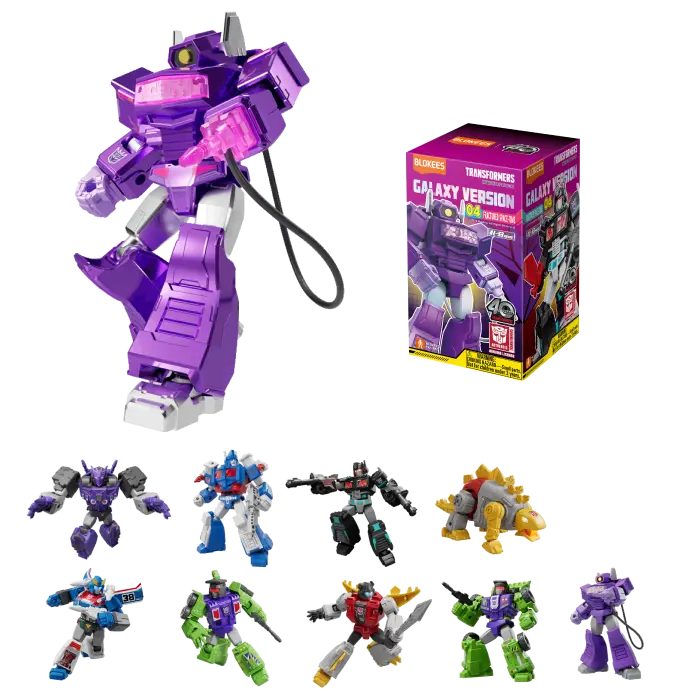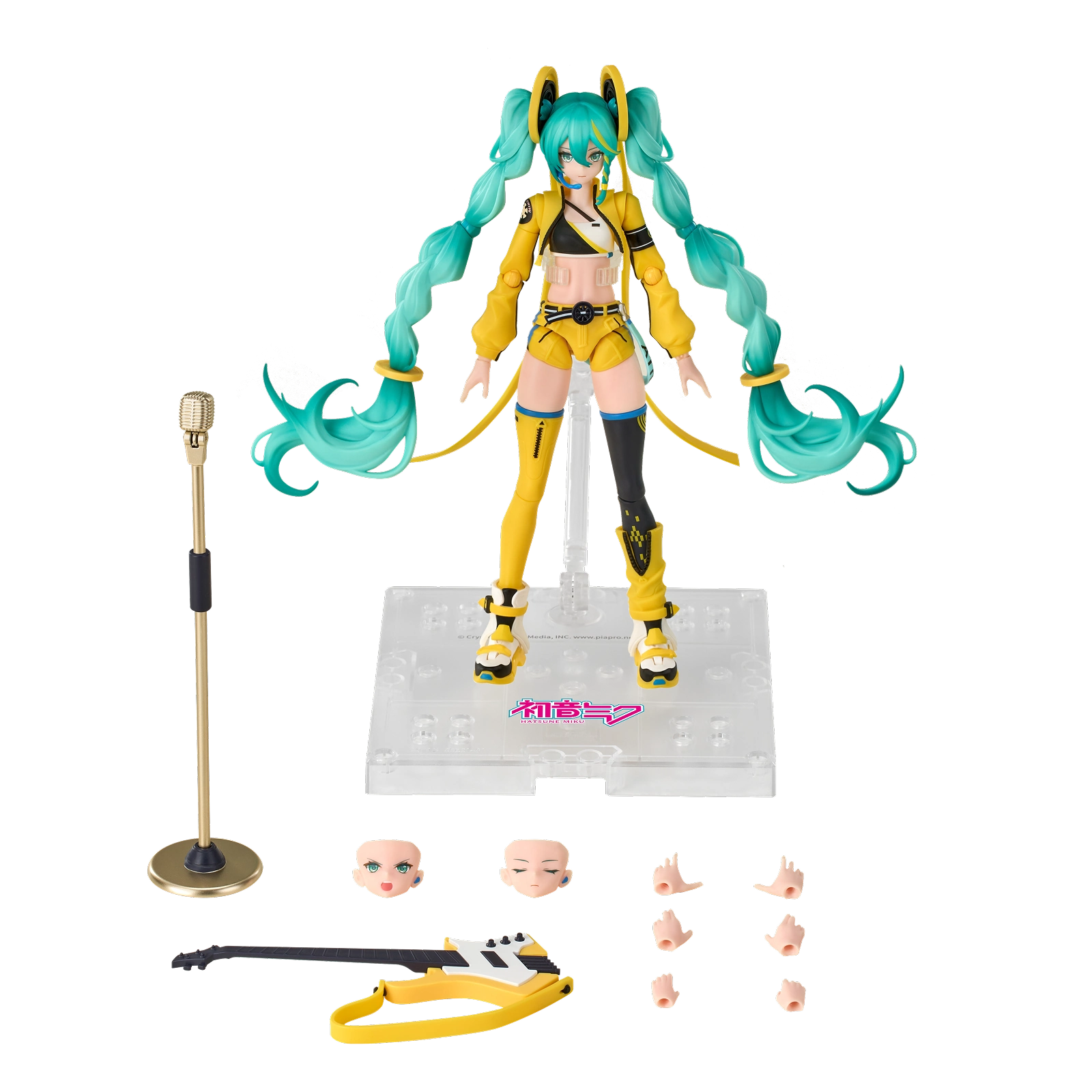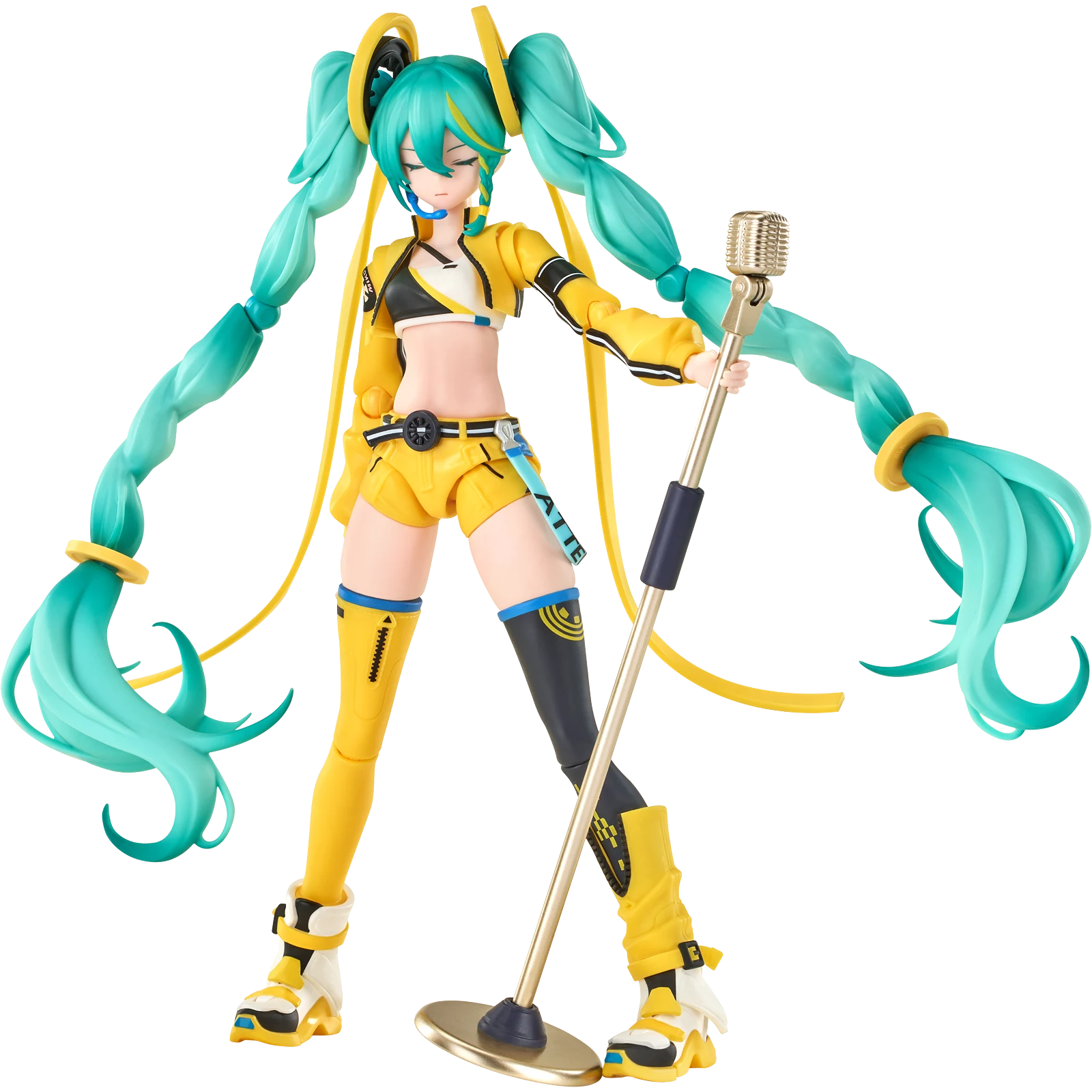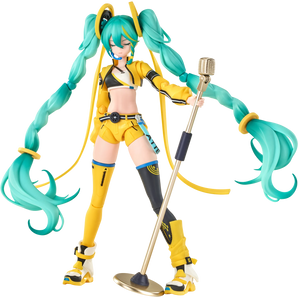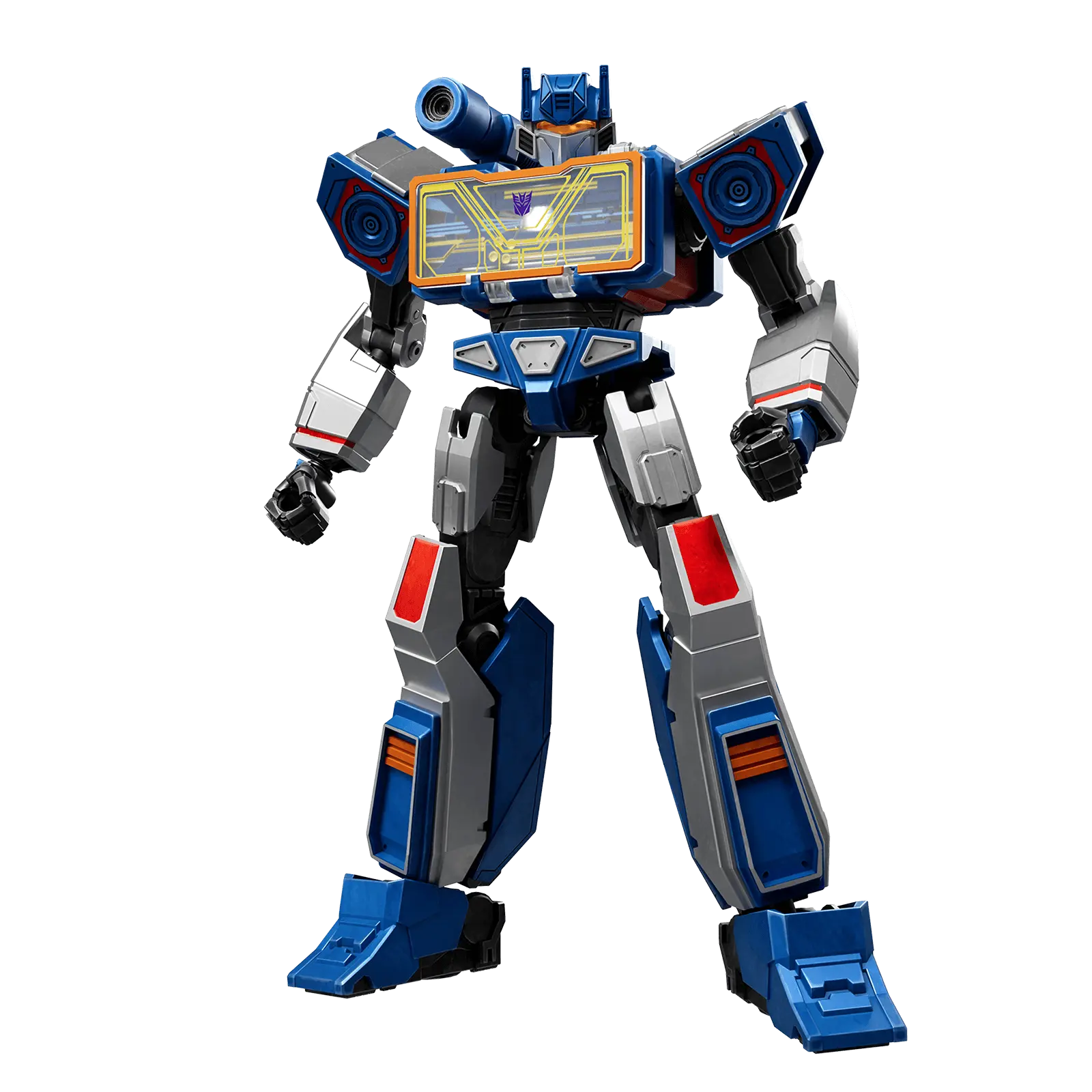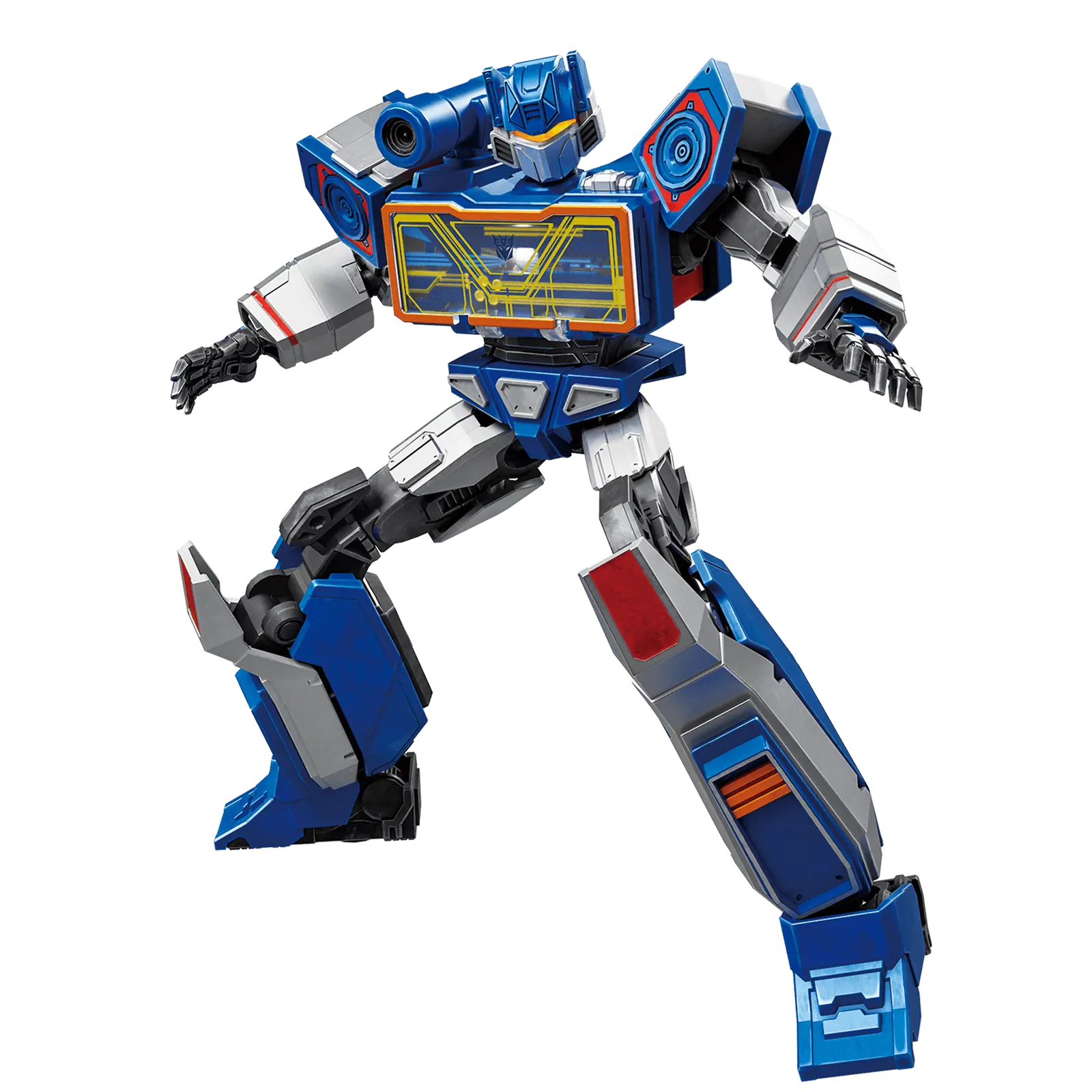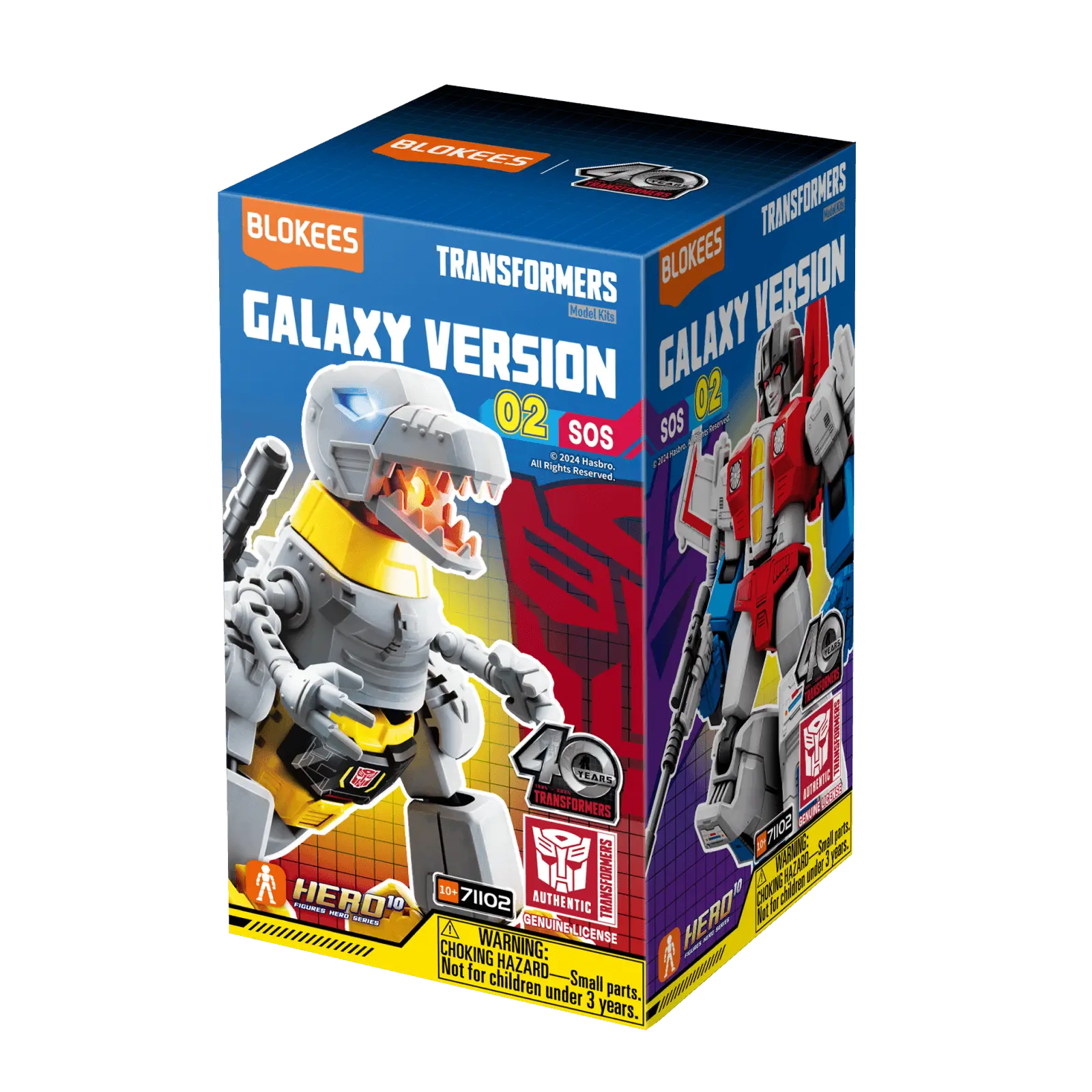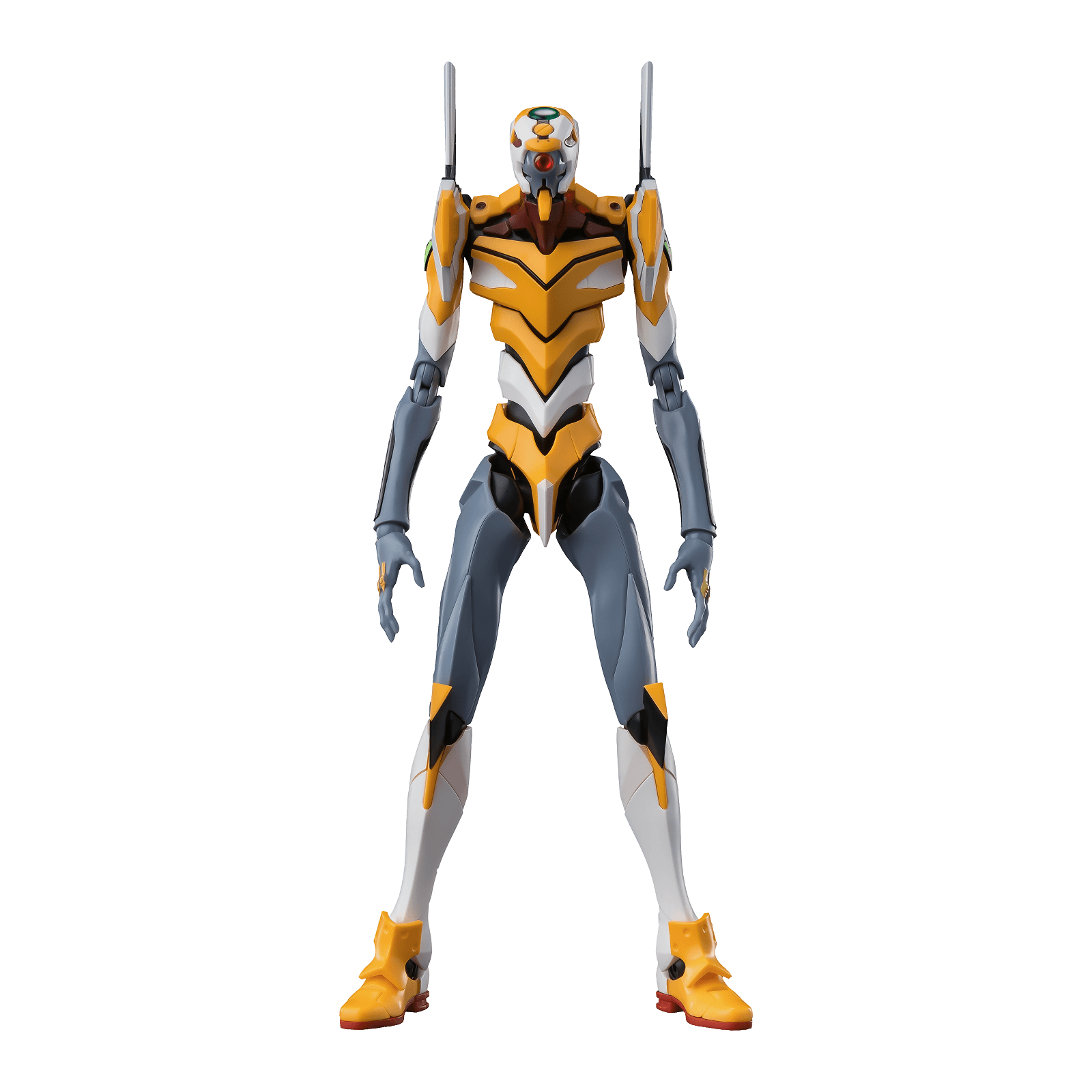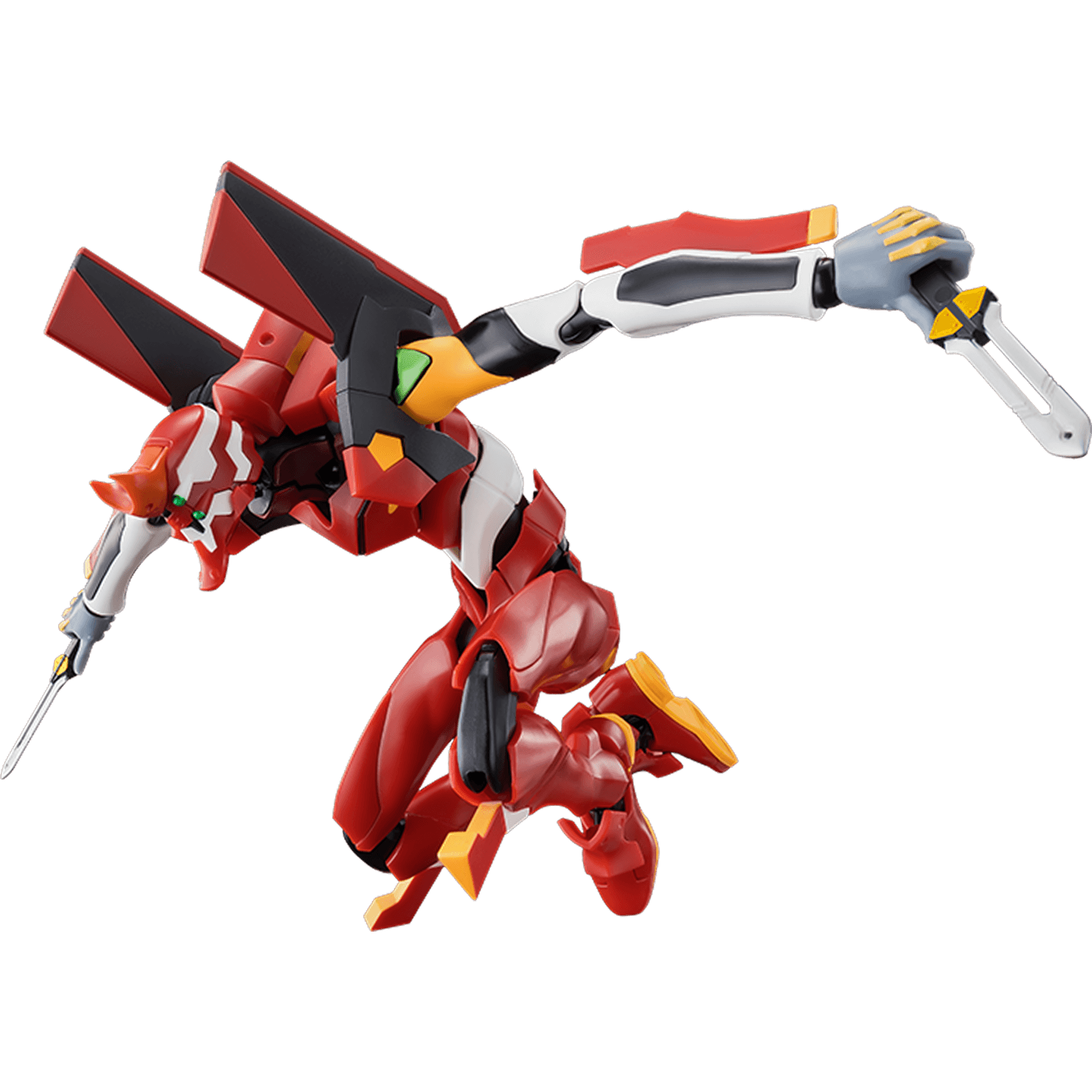Many first-time viewers of Neon Genesis Evangelion begin the series expecting fast-paced mecha action—only to find the early episodes surprisingly slow or confusing.
If you’ve started watching and are wondering, “When does Evangelion get good?”, you’re not alone.
This guide will break down when the anime becomes more engaging, why the pacing shifts, and how to best appreciate its story and characters.
What to Expect from the Early Episodes
The first few episodes (1–6) of Neon Genesis Evangelion focus heavily on setup and world-building.
You’ll meet Shinji Ikari, his father Gendo, Misato Katsuragi, and the mysterious Rei Ayanami—all while learning about NERV, the organization behind the Evas.
Early episodes emphasize:
- Introducing Tokyo-3 and the Angels
- Shinji’s internal struggle to pilot Eva Unit-01
- Light character comedy and awkward teenage interactions
Many viewers describe this section as slow but necessary, setting up the psychological drama that defines the later episodes.
When Does Evangelion Actually Get Good?
Most fans agree the show “gets good” around Episode 7 or 8, when the action and emotional tension start to build.
However, the real turning point comes between Episodes 16 and 19, where the tone changes drastically—shifting from action-driven mecha battles to deep psychological storytelling.
Quick Summary:
|
Stage |
Episodes |
What Happens |
Why It Gets Better |
|
Setup |
1–6 |
Introduces characters & world |
Foundation for emotional arcs |
|
Build-up |
7–15 |
Adds humor, new pilots, and deeper mystery |
Characters begin evolving |
|
Psychological Shift |
16–19 |
Darker tone, internal conflict, surreal imagery |
Classic Evangelion begins |
|
Emotional Climax |
20–24 |
Intense character revelations |
Emotionally powerful storytelling |
|
Finale |
25–26 |
Experimental ending |
Iconic, thought-provoking finish |
The First Hook: Episode 8 “Asuka Strikes!”
Episode 8 is where Evangelion first shows its dynamic energy.
We meet Asuka Langley Soryu, the fiery second pilot, whose introduction adds humor, rivalry, and faster pacing.
This episode includes one of the series’ most exciting battle scenes and immediately injects personality into the team dynamic.
From here, the tone shifts from slow exposition to character-driven excitement.
The Second Hook: Episode 16 “Splitting of the Breast”

If Episode 8 is where the action peaks, Episode 16 is where Evangelion starts to get psychologically intense.
Shinji faces an Angel that traps him inside its shadow, forcing him into an extended psychological breakdown.
This marks the beginning of the show’s signature introspection—exploring trauma, fear, and identity.
This is often the turning point for many viewers who say, “Now it’s getting good.”
Episode 19 “Introjection” — The True Emotional Breakthrough
Episode 19 is widely regarded as Evangelion’s masterpiece.
It combines cinematic animation, raw emotion, and explosive storytelling.
Key moments include:
- Shinji quitting NERV
- Eva Unit-01 going berserk
- The Angel Zeruel’s dramatic battle
This episode perfectly blends mecha spectacle and psychological weight, showing why Evangelion is not just another robot anime.
The Psychological Descent (Episodes 20–24)
From Episode 20 onward, the story becomes darker and more personal.
Each character’s trauma takes center stage:
- Shinji’s fear of abandonment
- Asuka’s inferiority complex
- Rei’s identity crisis
Episodes 21–24 dive deep into backstories, parental guilt, and the philosophy behind the “Human Instrumentality Project.”
While the pace slows again, the depth and emotional storytelling reach new heights—this is where Evangelion becomes unforgettable.
The Ending: When It Gets Surreal

Episodes 25–26 are unlike anything before.
Instead of a traditional battle conclusion, we see Shinji’s inner world, told through dreamlike animation, sketches, and self-reflection.
Many first-time viewers find it confusing, but others praise it as one of the boldest endings in anime history.
If you prefer a more narrative conclusion, The End of Evangelion movie provides a dramatic, visual counterpart to these episodes.
Why Evangelion Feels Slow at First
The early pacing reflects Shinji’s mental state—confused, hesitant, and searching for purpose.
Director Hideaki Anno designed the show to evolve emotionally, not just visually.
So if it feels slow at first, remember:
- The slow burn builds attachment.
- Later events hit harder because of the early setup.
- The contrast between early calm and later chaos defines the show’s impact.
Bullet Overview: When Evangelion “Gets Good”
- Episodes 1–6: Setup and emotional groundwork
- Episode 8: Asuka’s debut and first major battle
- Episode 16: Deep psychological themes begin
- Episode 19: Emotional climax and iconic animation
- Episodes 20–24: Complex storytelling and darker tone
- Episodes 25–26: Abstract finale and introspection
Fan Opinions — What the Community Says

Fans online share consistent milestones for when Evangelion “clicks”:
- Reddit users: say “it gets good at Episode 8, great by 16, and legendary by 19.”
- Anime reviewers: describe it as “a slow build into a psychological masterpiece.”
- New viewers: often appreciate it more after finishing the show and reflecting on its symbolism.
Tips for First-Time Viewers
If you’re starting Evangelion now, here are some viewing tips:
Watch at least until Episode 19 before judging.
Avoid spoilers—its twists work best unspoiled.
Understand that it’s not purely an action show—it’s a psychological journey.
Pair the series with The End of Evangelion film for full closure.
Table: Episode Engagement Guide
|
Episode Range |
Tone |
Focus |
Viewer Experience |
|
1–6 |
Expository |
Setup, world, Shinji’s fear |
Slow but foundational |
|
7–15 |
Balanced |
Team dynamics, humor |
Engaging mix of tone |
|
16–19 |
Psychological |
Self-doubt, conflict |
Deep and gripping |
|
20–24 |
Emotional |
Past trauma, identity |
Heavy and profound |
|
25–26 |
Abstract |
Mindscape finale |
Confusing but memorable |
Why Evangelion’s Pacing Works in the Long Run
By gradually moving from action to introspection, Evangelion mirrors human emotional evolution.
This slow build gives weight to the series’ ending—making its payoff intellectually and emotionally rewarding.
That’s why even decades later, it remains one of the most analyzed anime ever created.
Frequently Asked Questions
What episode does Evangelion get good?
Most viewers agree it gets good by Episode 8, and truly great around Episode 16 or 19.
Why is Neon Genesis Evangelion slow in the beginning?
The early episodes set emotional groundwork and world logic before diving into darker psychological themes.
Does Evangelion ever become action-packed?
Yes—episodes 8, 13, and 19 have some of the best-animated battles in 90s anime history.
Is it worth watching until the end?
Absolutely. The payoff from Episodes 16–26—and The End of Evangelion—redefines everything that came before.
Should I watch the movies after the series?
Yes. Start with The End of Evangelion for closure, then explore the Rebuild movies for a modern retelling.
Conclusion
If you’re asking “When does Evangelion get good?” — the answer is: around Episode 8, and it becomes truly exceptional by Episode 16 onward.
It rewards patience with one of the most layered, emotional, and thought-provoking experiences in anime.
Whether you watch for the mecha battles, the psychological depth, or the philosophical meaning, Evangelion becomes unforgettable once it finds its stride.









